ATLAS
A transatlantic assessment and deep-water ecosystem-based spatial management plan for Europe
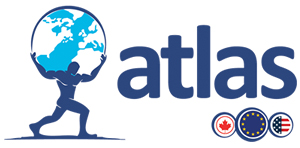
678760 (ATLAS)
01/05/2016 to 30/04/2020
European Union’s Horizon 2020
Summary
A transatlantic assessment and deep-water ecosystem-based spatial management plan for Europe
ATLAS will provide essential new knowledge of deep ocean marine ecosystems in the North Atlantic. This ambitious project will explore the world of deep-sea habitats (200- 2000 m) where the greatest gaps in our understanding lie and certain populations and ecosystems are under pressure. The four overarching objectives of ATLAS are to: 1) Advance our understanding of deep Atlantic marine ecosystems and populations; 2) Improve our capacity to monitor, model and predict shifts in deep-water ecosystems and populations; 3) Transform new data, tools and understanding into effective ocean governance; 4) Scenario-test and develop science-led, cost-effective adaptive management strategies that stimulate Blue Growth. The results of the project will inform and facilitate stakeholder agreement on relevant science-led marine policy and regulation to ensure good ecosystem management and sustainable resource exploitation. It will also contribute to the European Commission’s long-term “Blue Growth” strategy to support sustainable growth in the marine and maritime sectors as a whole. The consortium includes 25 multi-stakeholder, multidisciplinary partners from leading organisations with 12 universities, 4 national research institutes, 5 small and medium-sized enterprises, and 4 government agencies across 10 European countries, the USA and Canada.
Changing environmental conditions and human activities have major impacts on the distribution and sustainability of living marine resources. This poses a serious challenge to the business and policy communities seeking to balance societal needs with environmental sustainability. Large-scale ocean observation is needed to improve our understanding of how deep ocean ecosystems function, their roles as reservoirs of biodiversity and genetic resources, and their health under future scenarios of climate change and human use.



Our Team's role
We lead the ATLAS WP3 Biodiversity and Biogeography, lead the case study #8 Azores and participated in many other work packages such as WP2 Functional Ecosystems, WP6 Maritime Spatial Planning, WP7 Policy Integration to Inform Key Agreements, and WP9 Dissemination, Knowledge Transfer and Outreach.
Collaborators
Main results
ATLAS advanced our understanding of deep Atlantic marine ecosystems and populations by collecting and integrating high-resolution measurements of ocean circulation with functioning, biological diversity, genetic connectivity, and socioeconomic values. In the Azores, new deep-sea species, new biotopes, new species associations, and even new hydrothermal vent systems have been discovered. We showed that cold-water corals are vulnerable to predicted ocean acidification. Experimental studies combined with meta-analysis on chemical dissolution and biological erosion of coral reefs worldwide showed that the increased dissolution of the coral framework under OA is a key factor determining the future survival of reef ecosystems. Statistical models showed that many VME indicator taxa and commercially important deep-sea fish species might be facing a reduction in the suitable habitat and a northward shift in distribution under future climate change scenarios. We assisted in developing innovative technological solutions for deep-sea research and informed marine policy at the regional, national, European, and international levels.
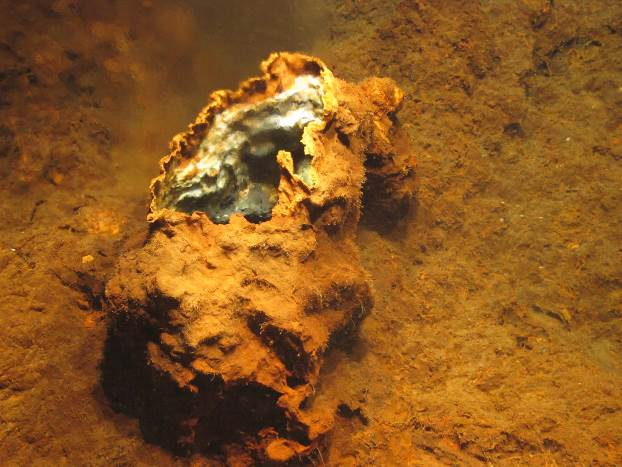
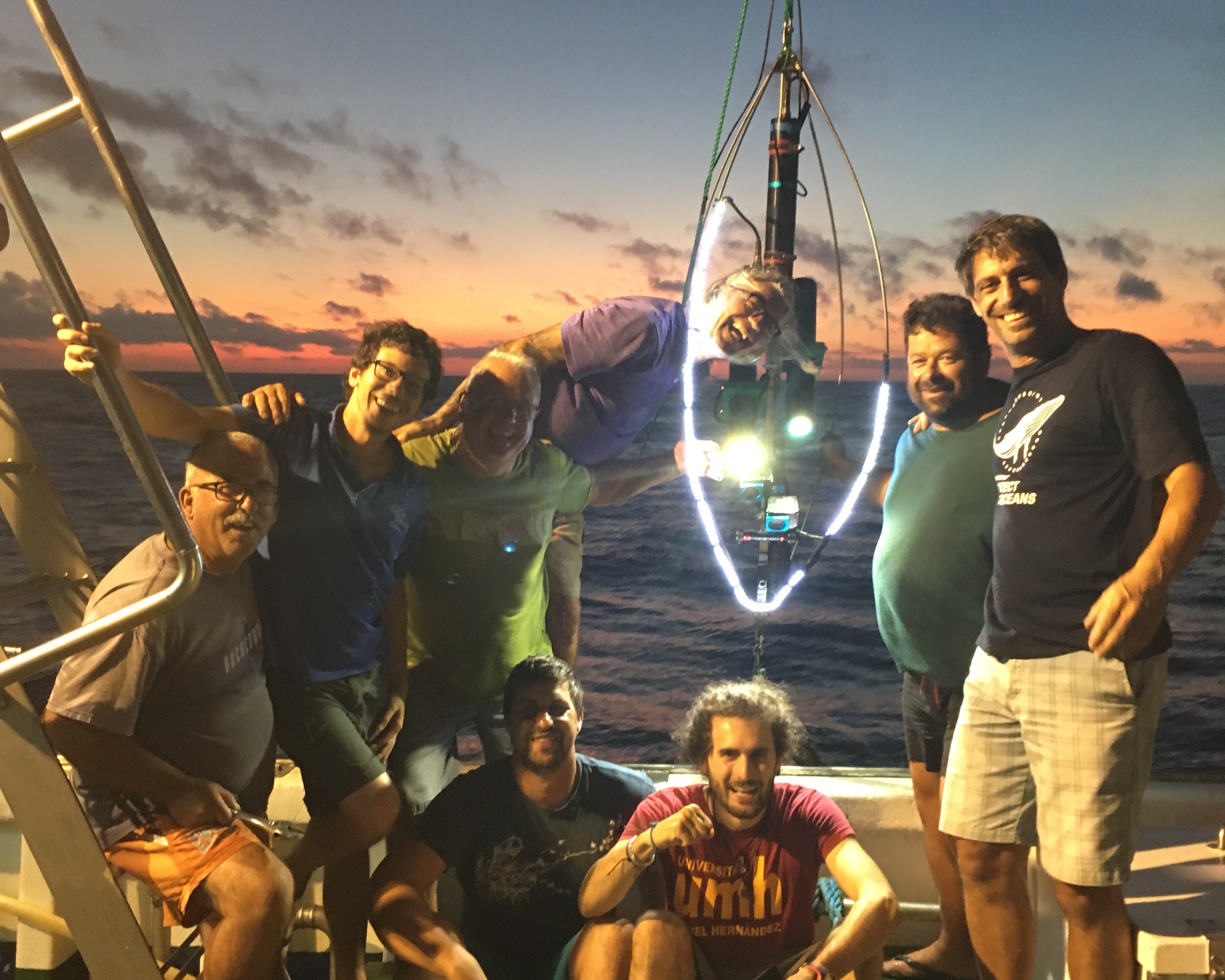
Authors list
10.5281/ZENODO.5503634


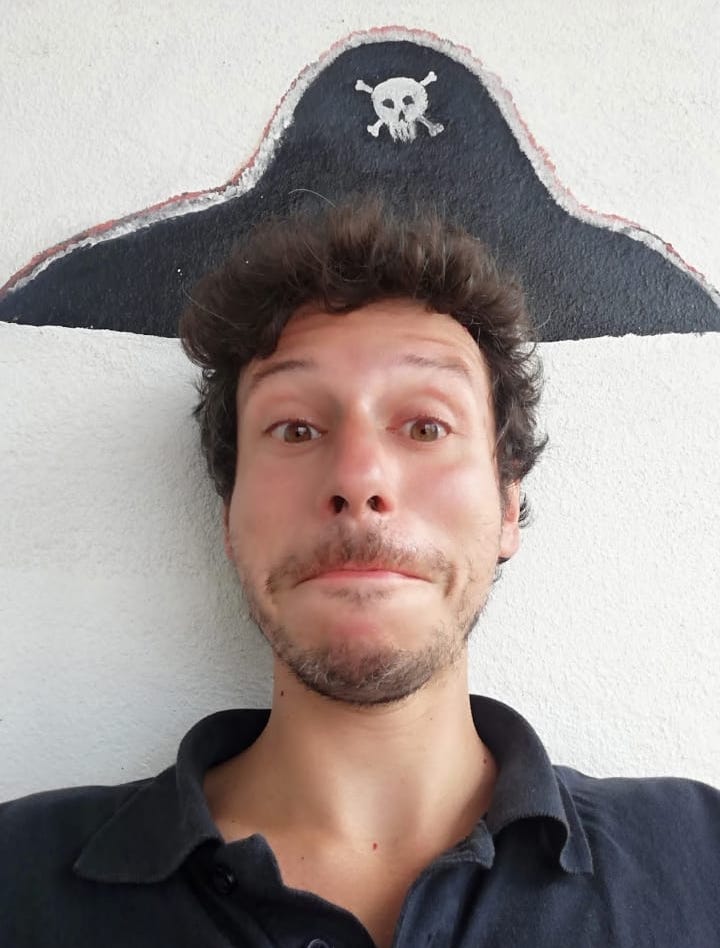
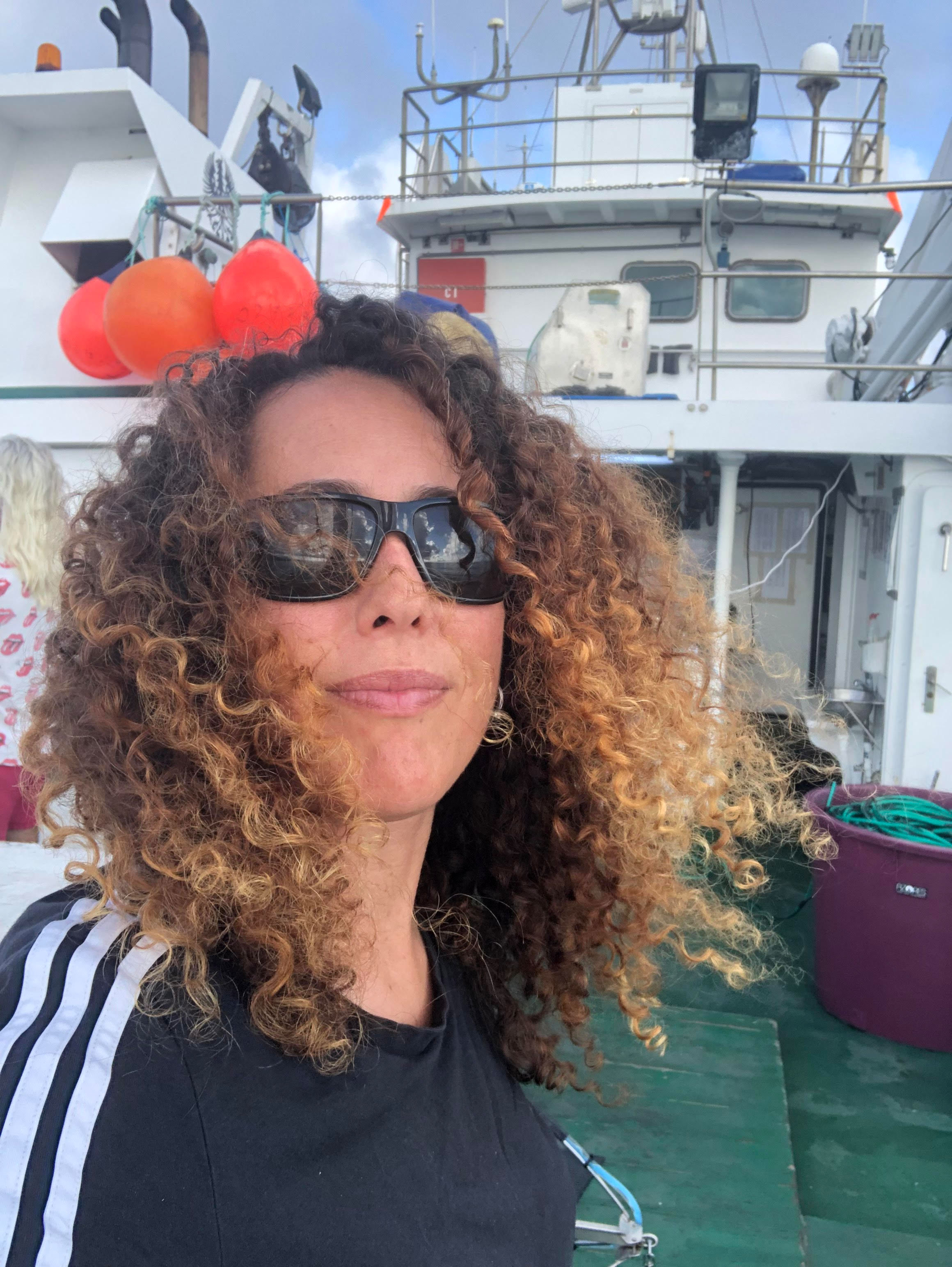

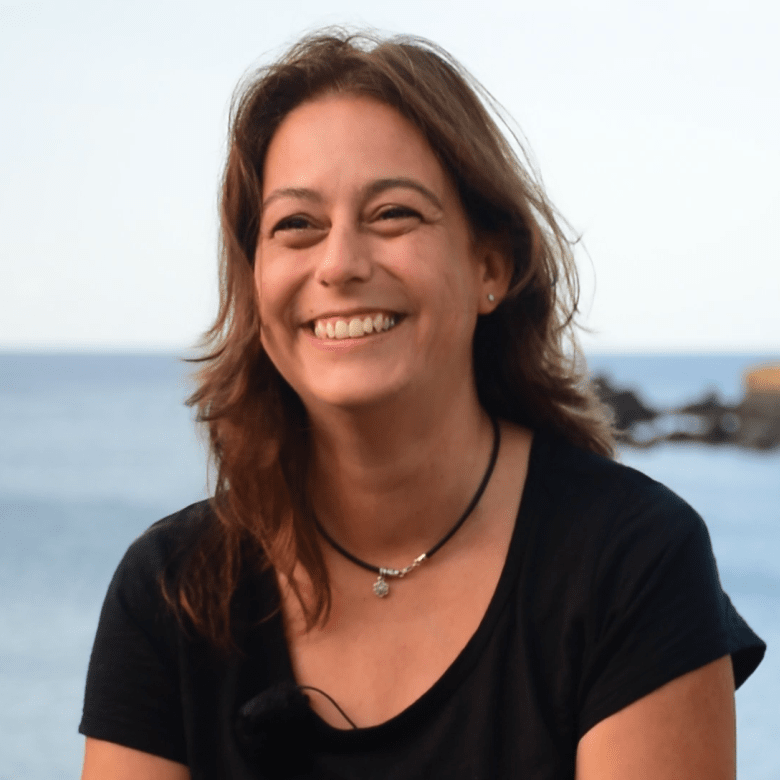
Authors list
10.5281/ZENODO.3416992
Authors list
10.5281/zenodo.4727164





Authors list
10.5281/zenodo.4727164





Authors list
10.1594/pangaea.910319


Authors list
10.1594/pangaea.911409


Authors list
10.1594/pangaea.940808


Authors list
10.1594/pangaea.872601

Authors list
10.1594/pangaea.911117
Authors list
10.1594/pangaea.920658


Authors list
10.1594/pangaea.862152

Authors list
10.1016/j.fishres.2023.106877
Authors list
10.1093/icesjms/fsac178


Authors list
10.1016/j.pocean.2023.103031


Authors list
10.1016/j.scitotenv.2023.166579


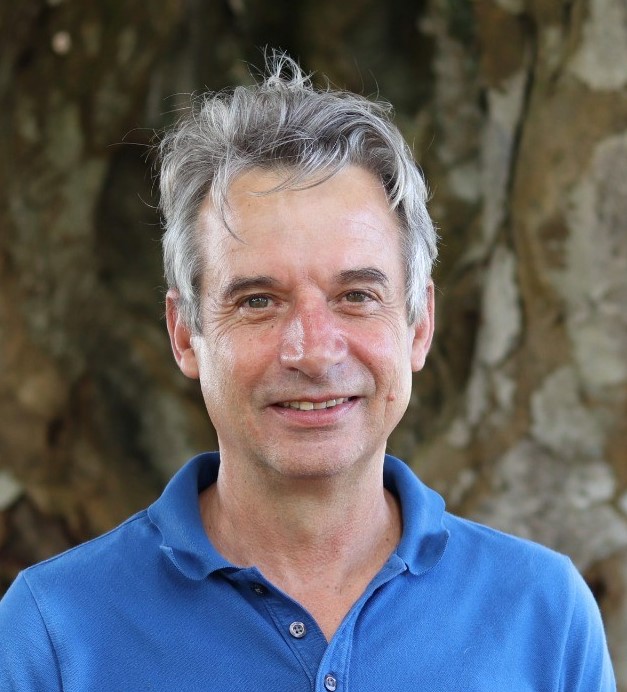


Authors list
10.1016/j.dsr.2023.104028




Authors list
10.3389/fmars.2022.915650

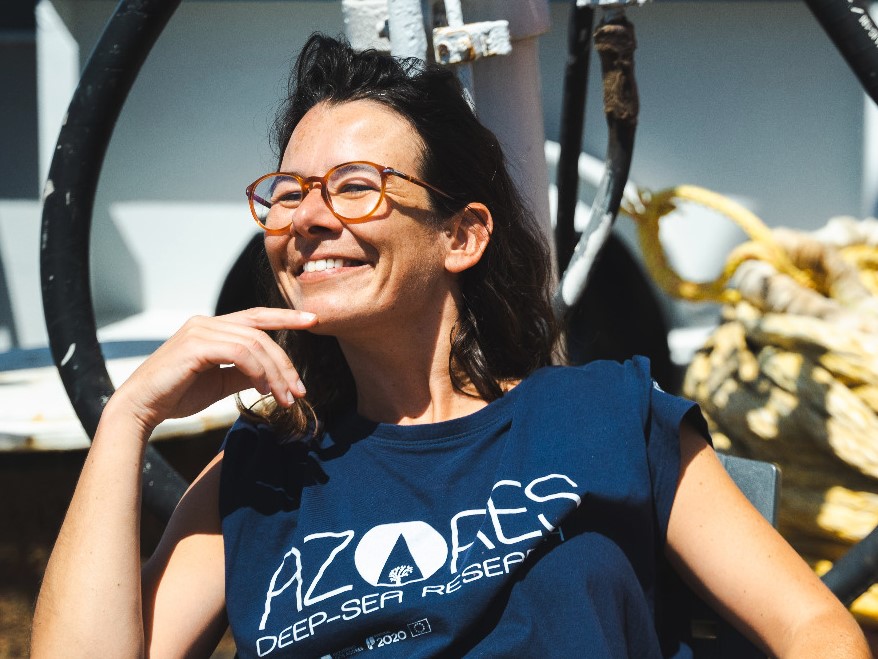

Authors list
10.3389/fmars.2022.910940
Authors list
10.3897/zookeys.870.35285
Authors list
10.3354/meps14021


Authors list
10.1016/j.dsr.2022.103791


ATLAS Gallery
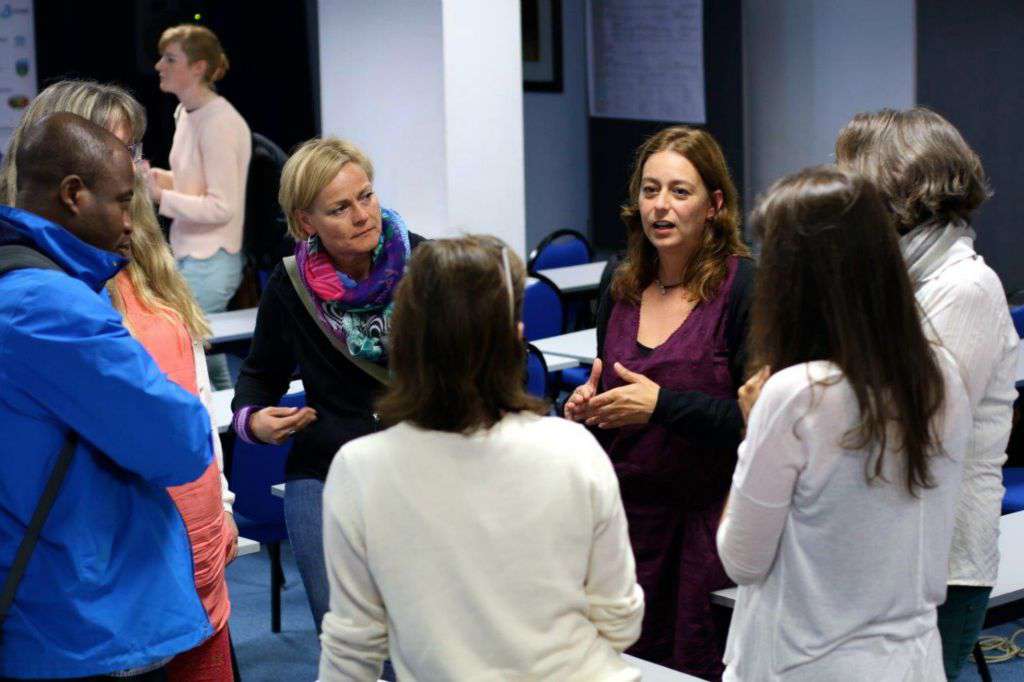
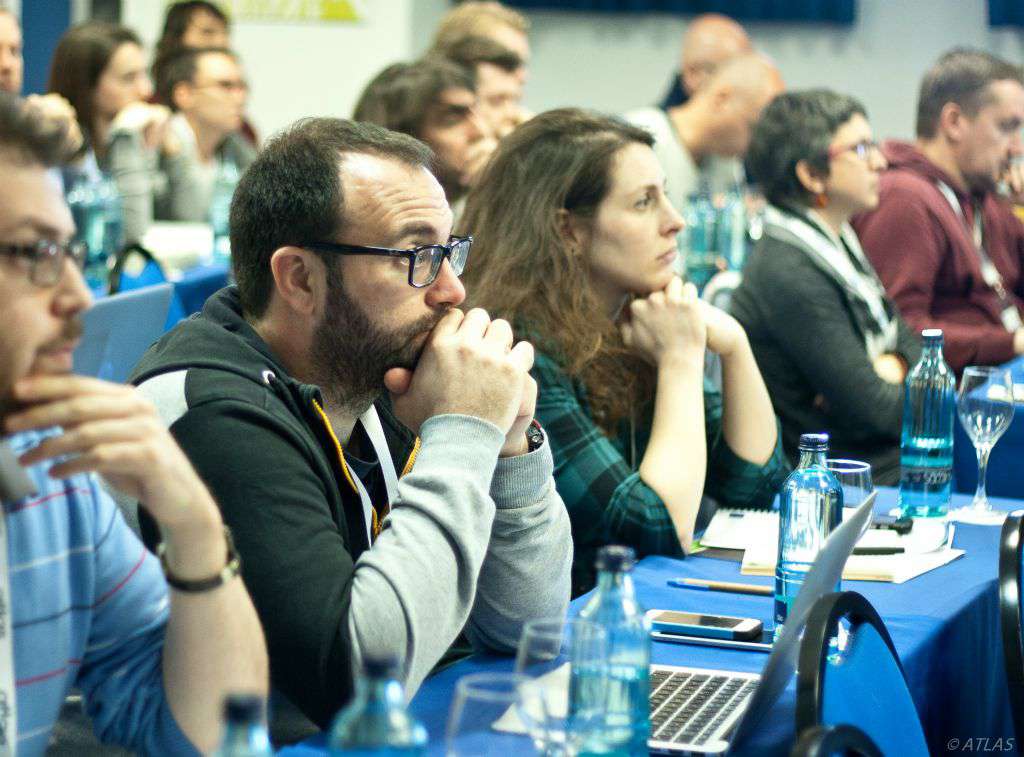
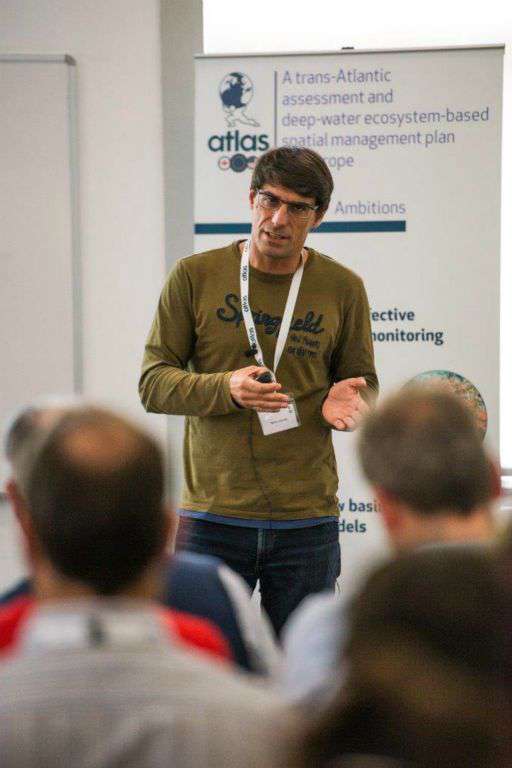
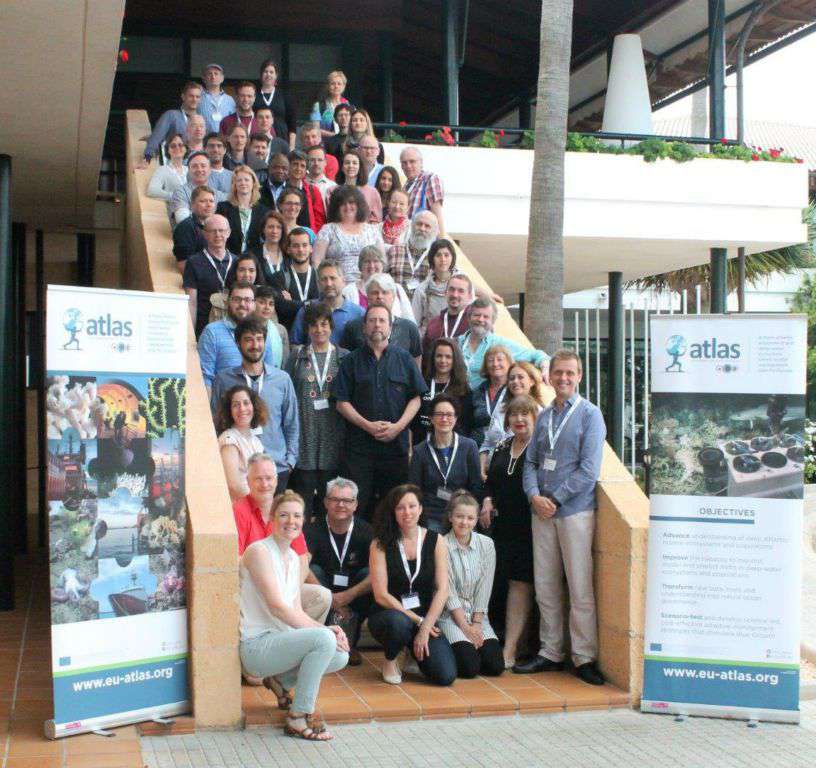
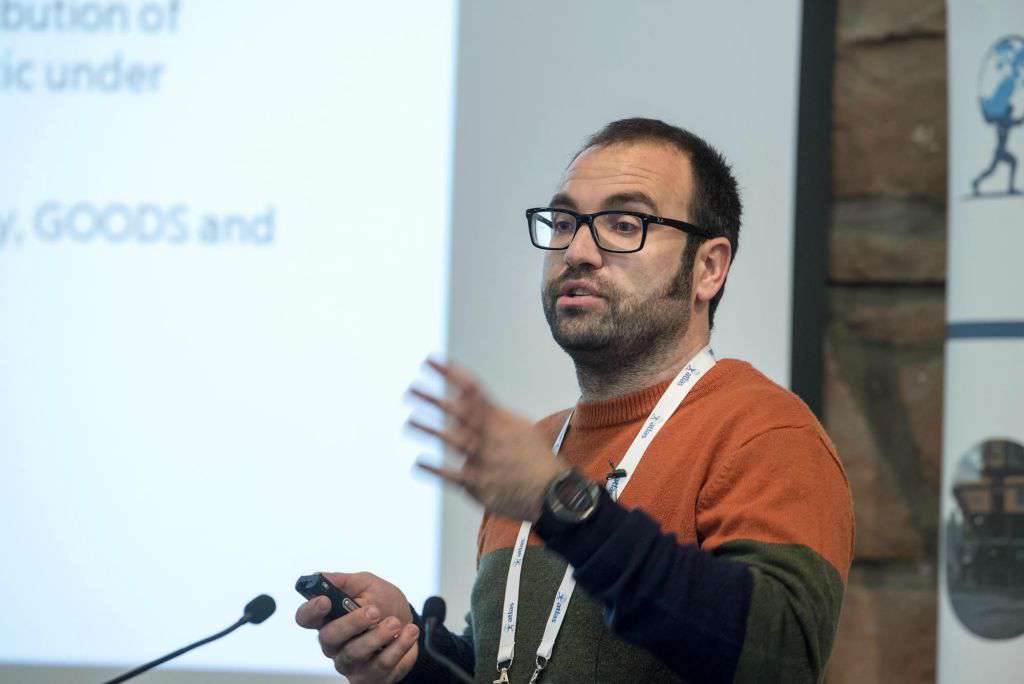
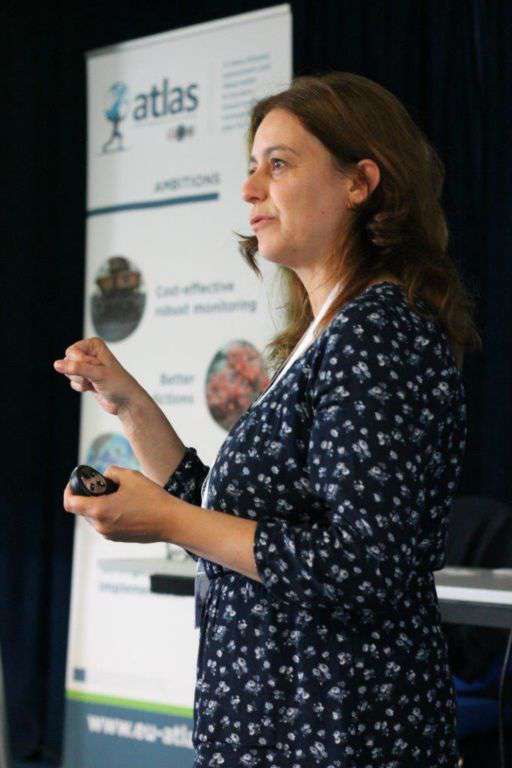
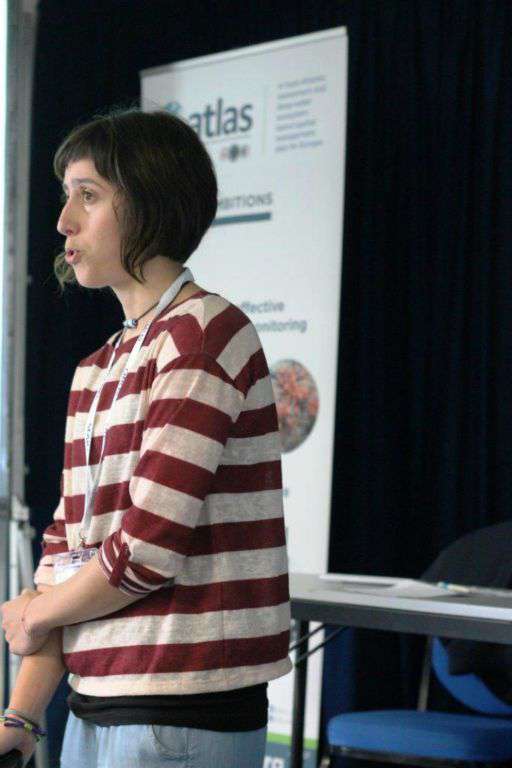
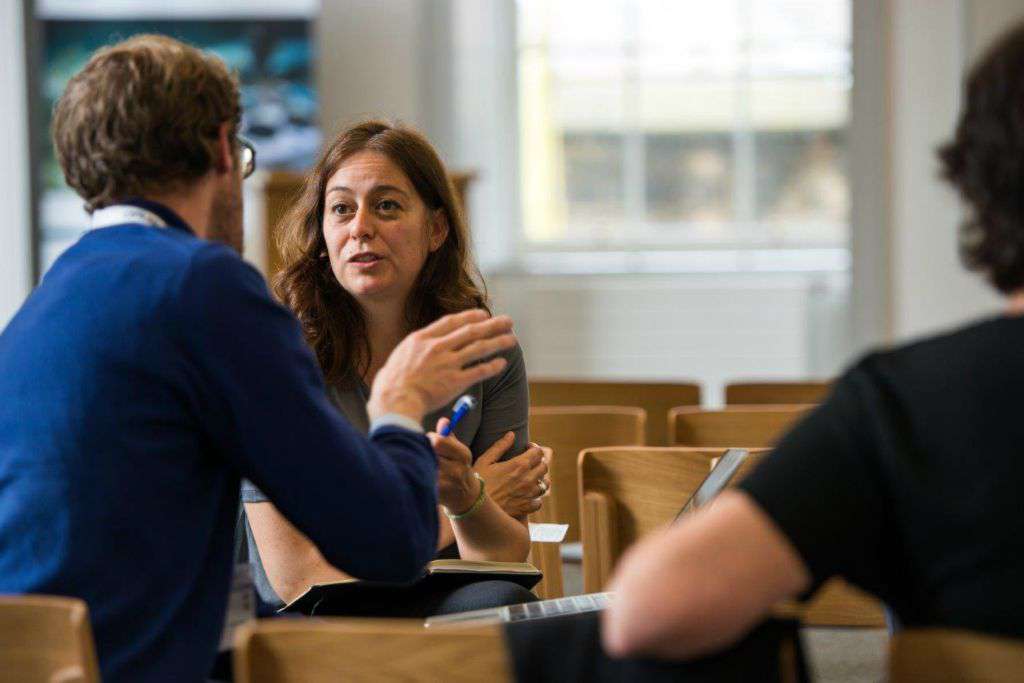
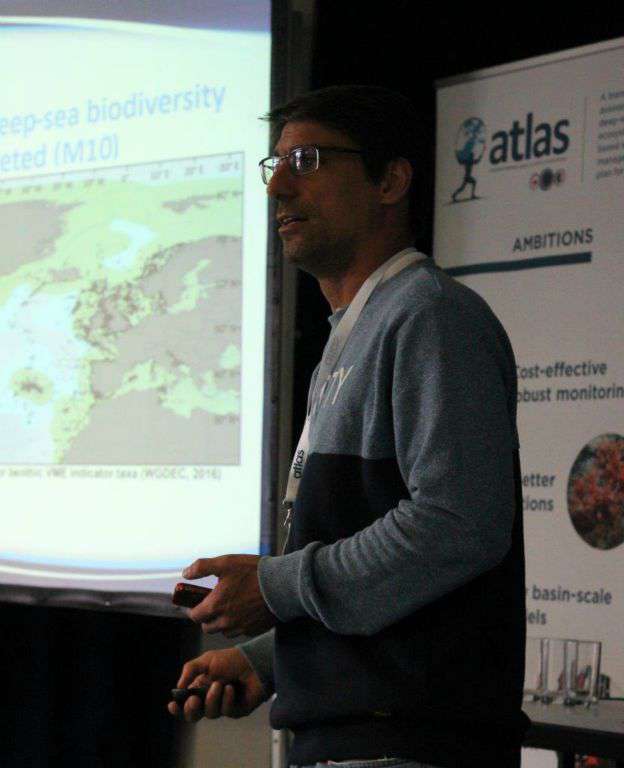
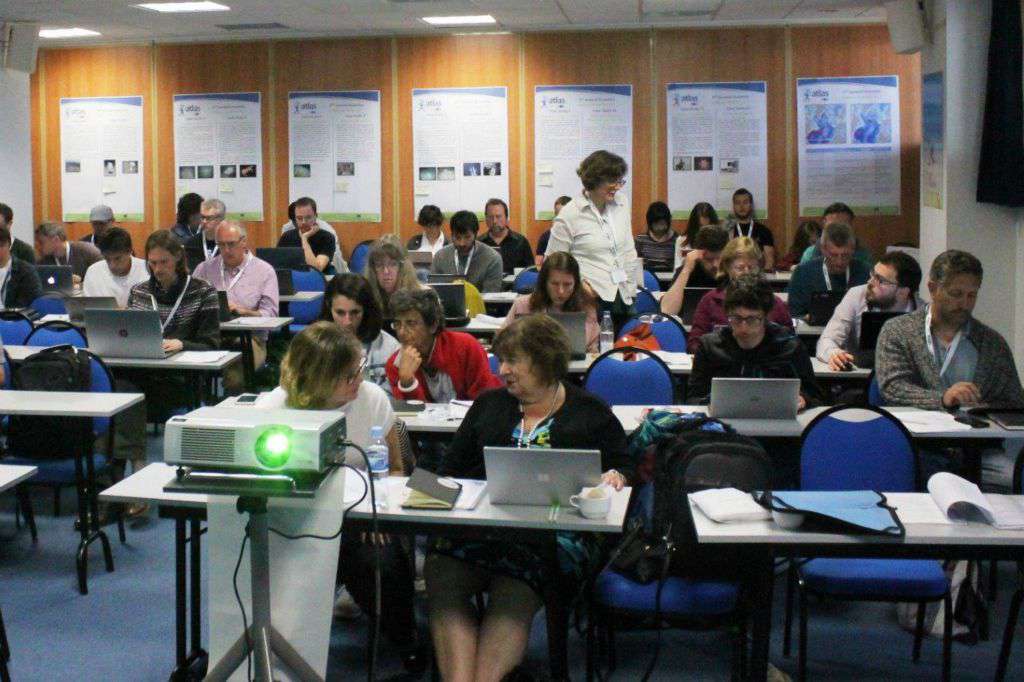
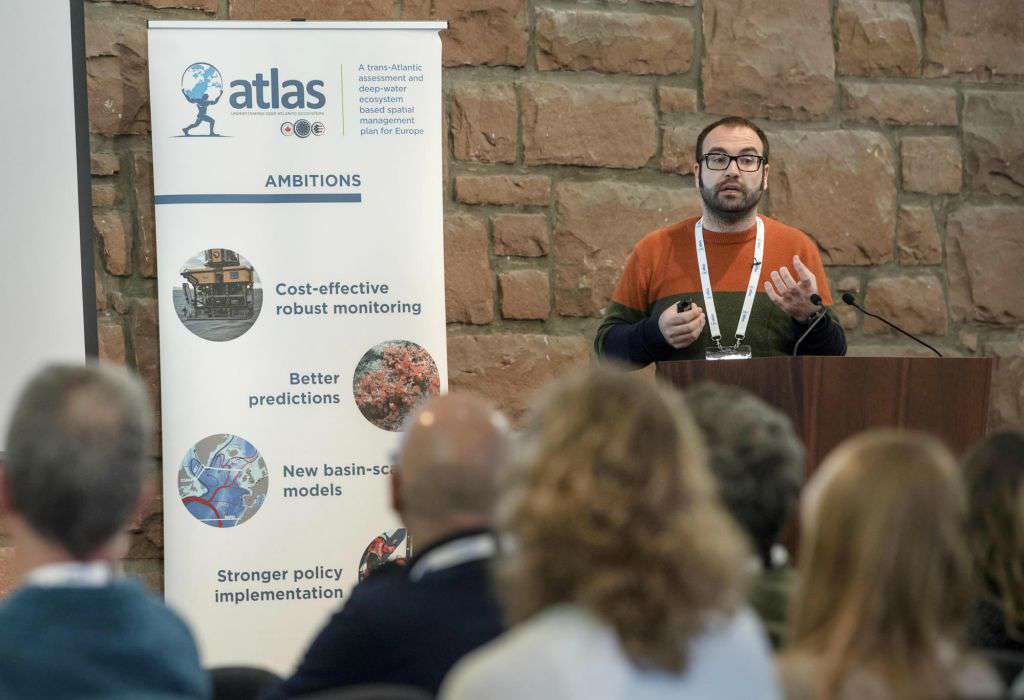
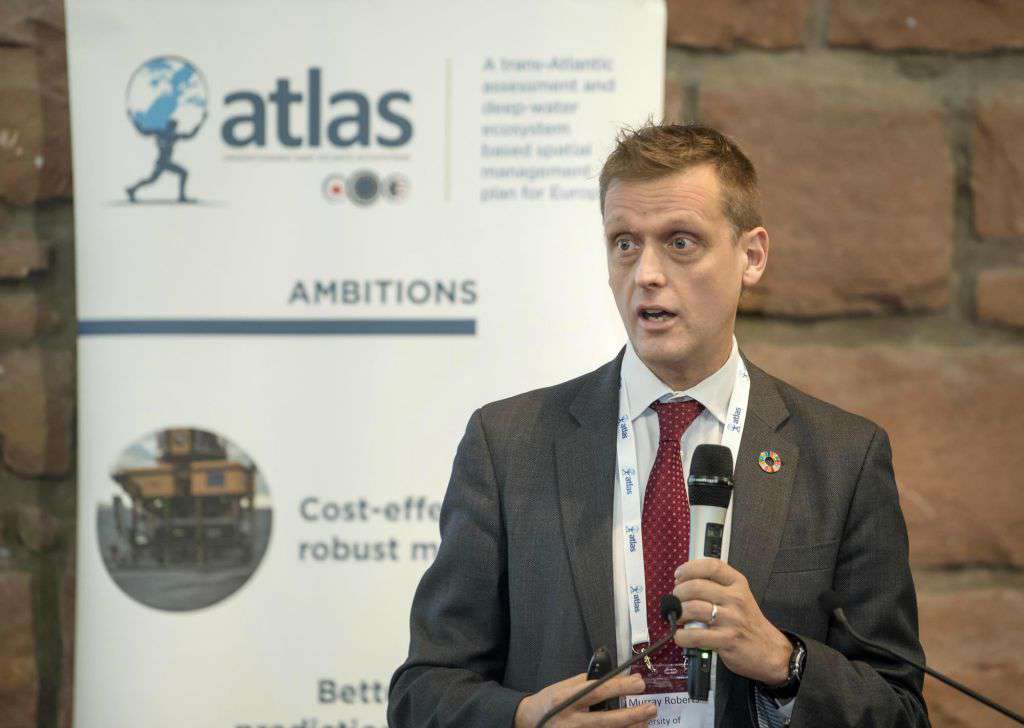
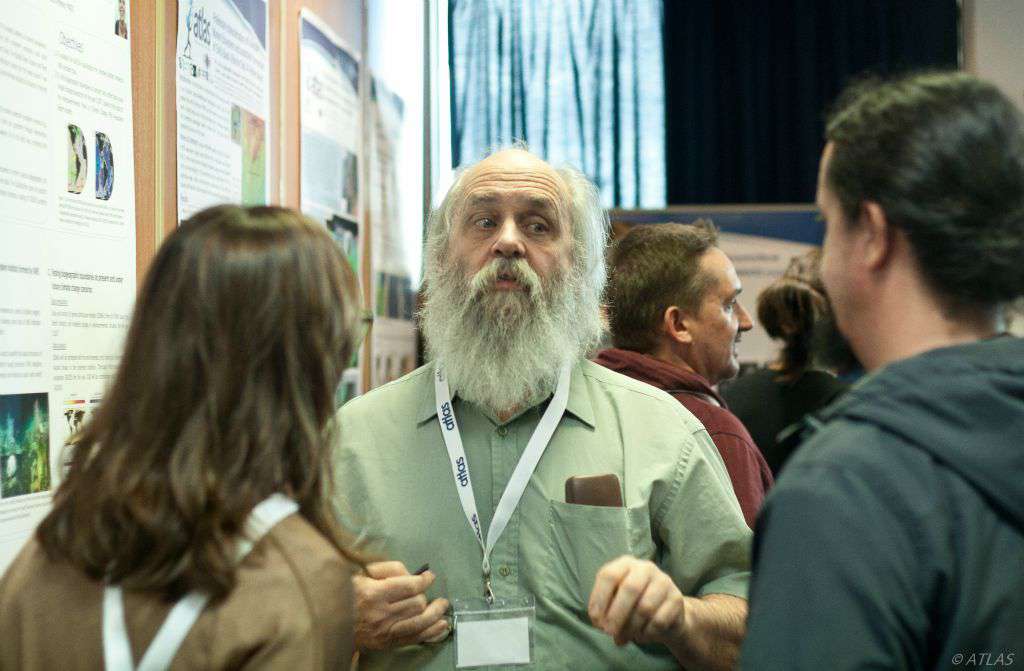
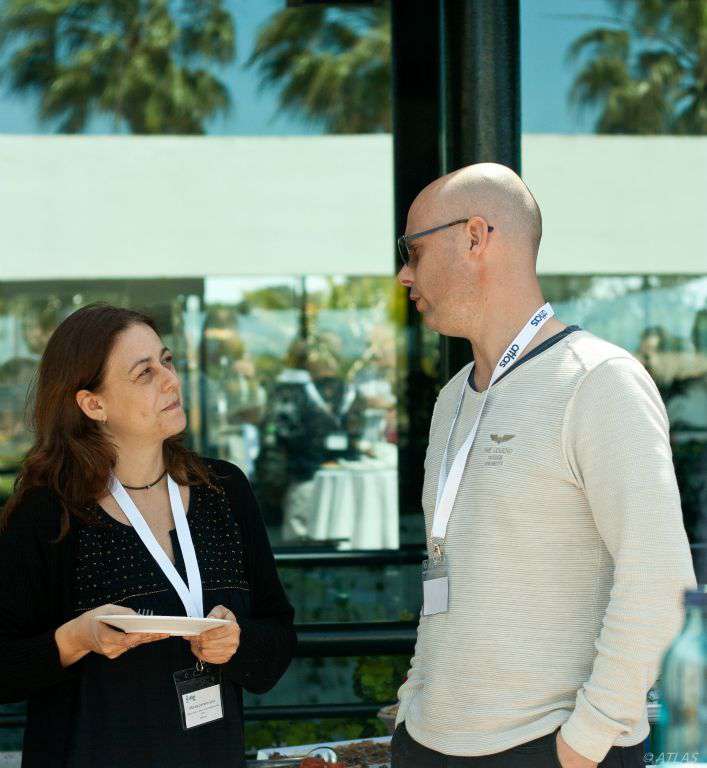
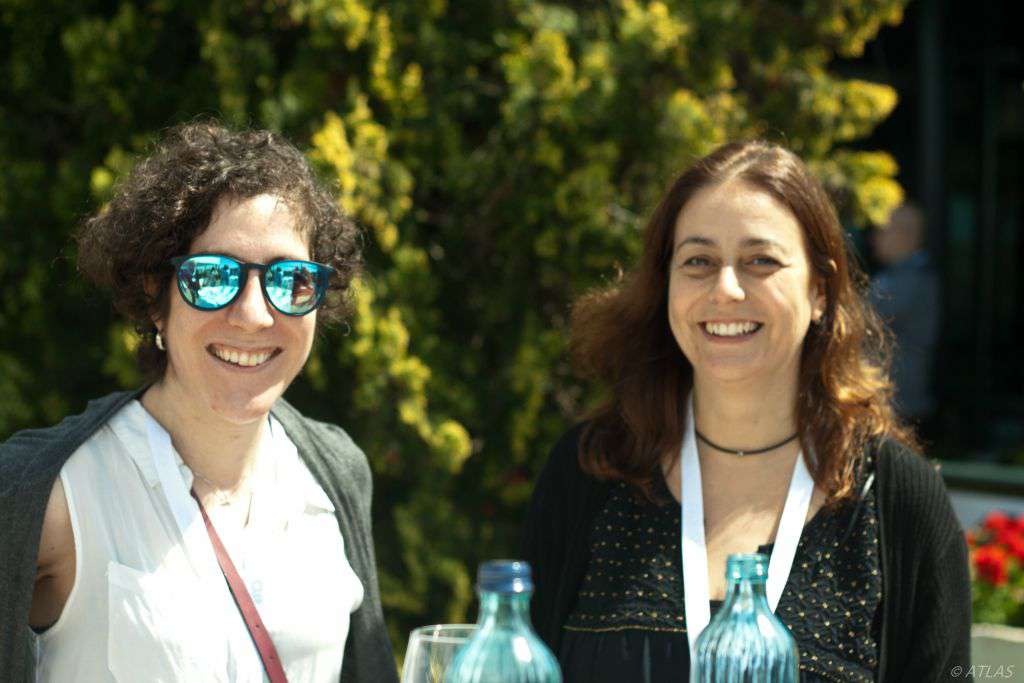
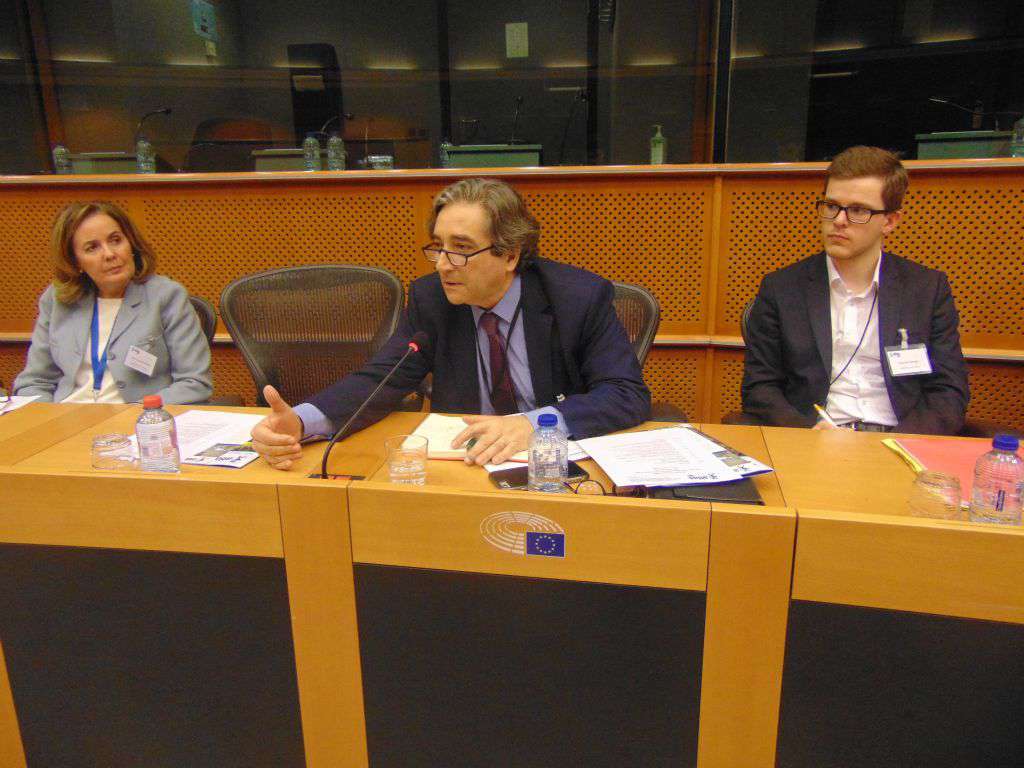
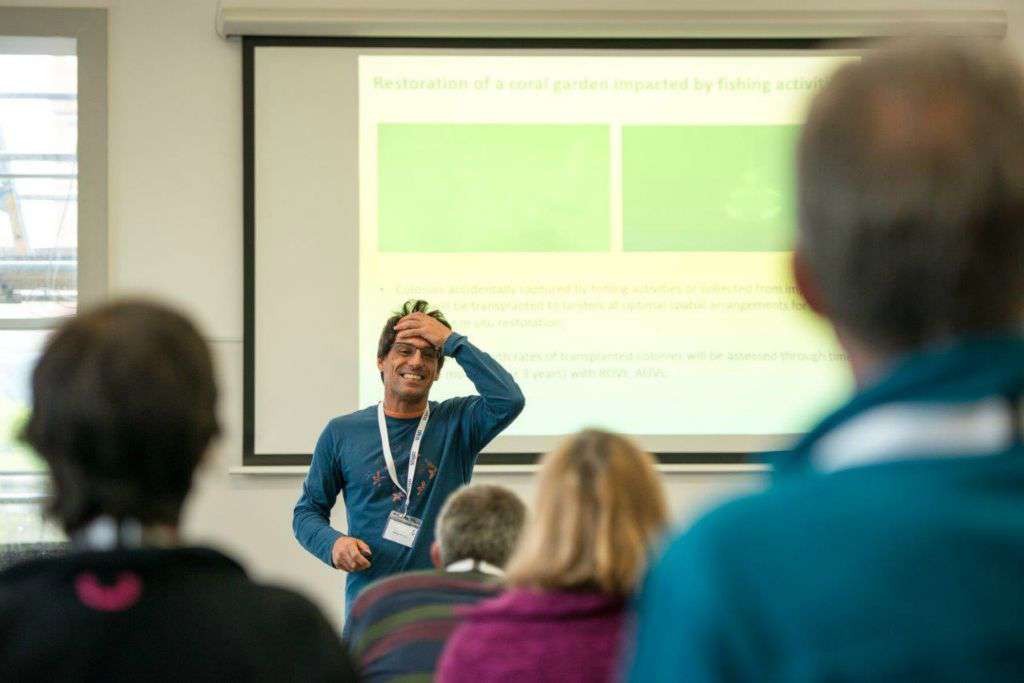
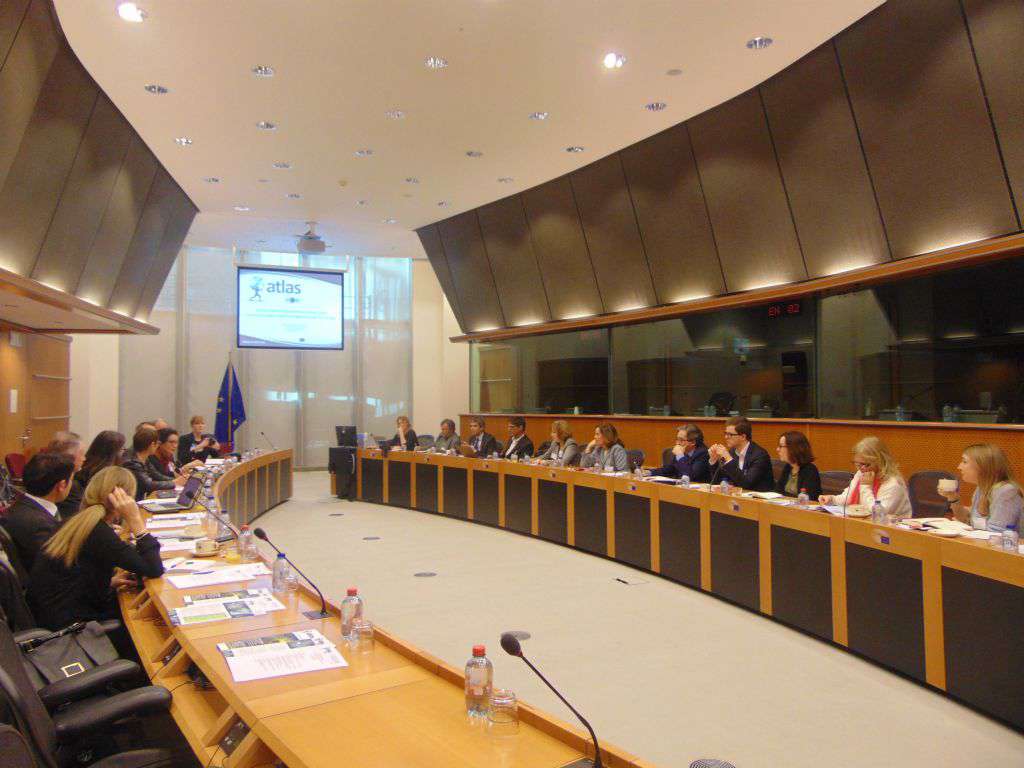
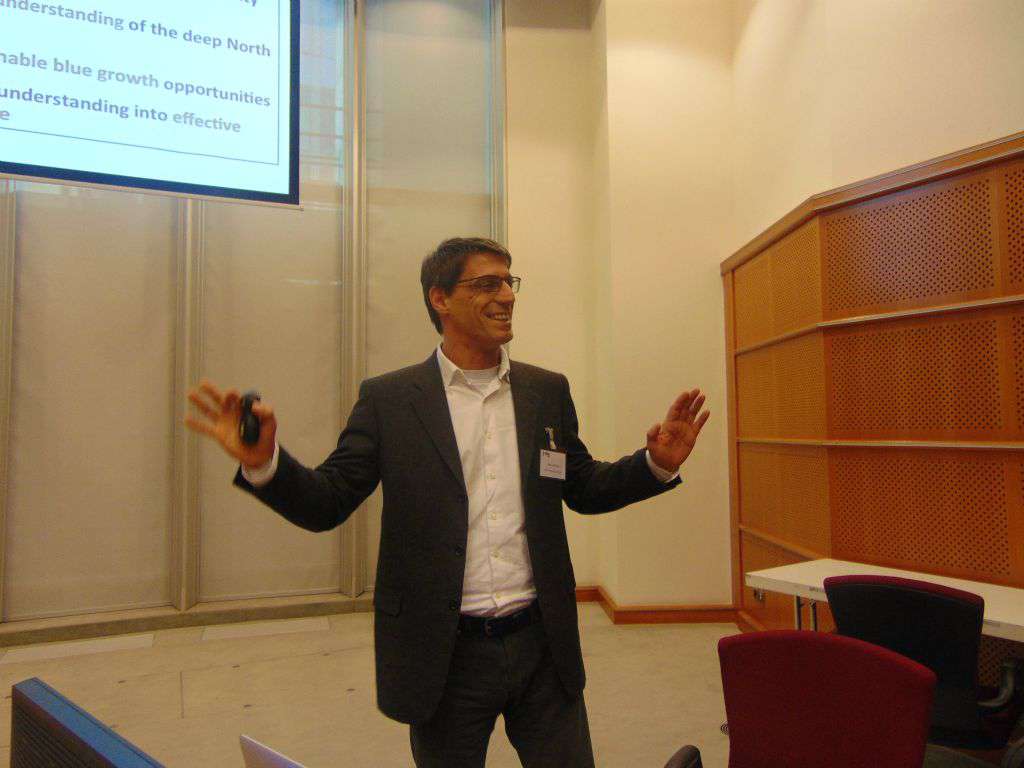
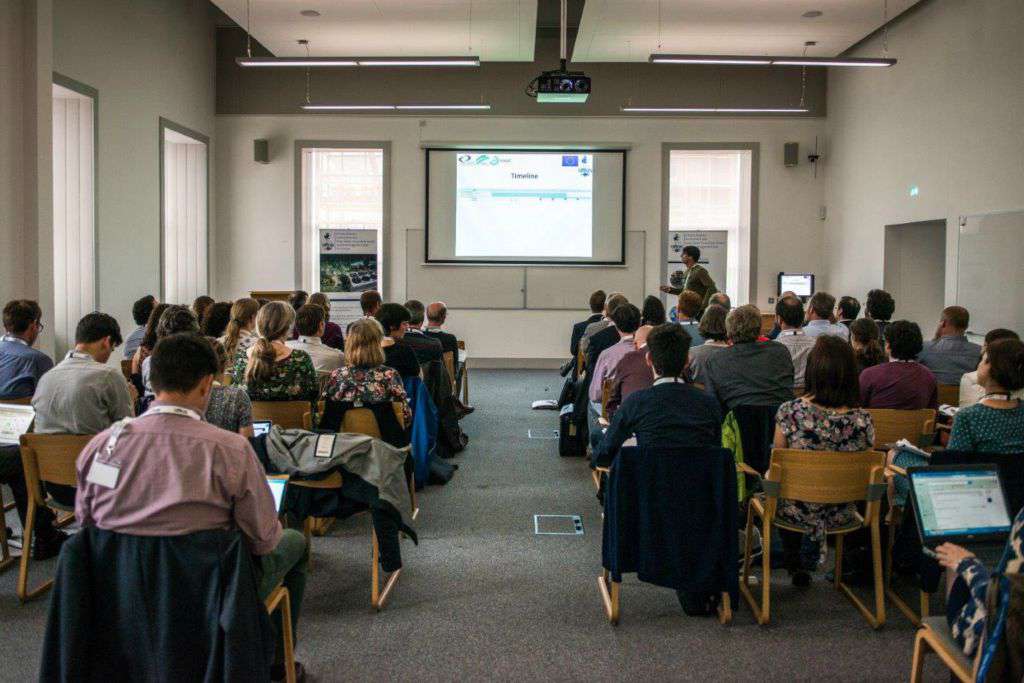
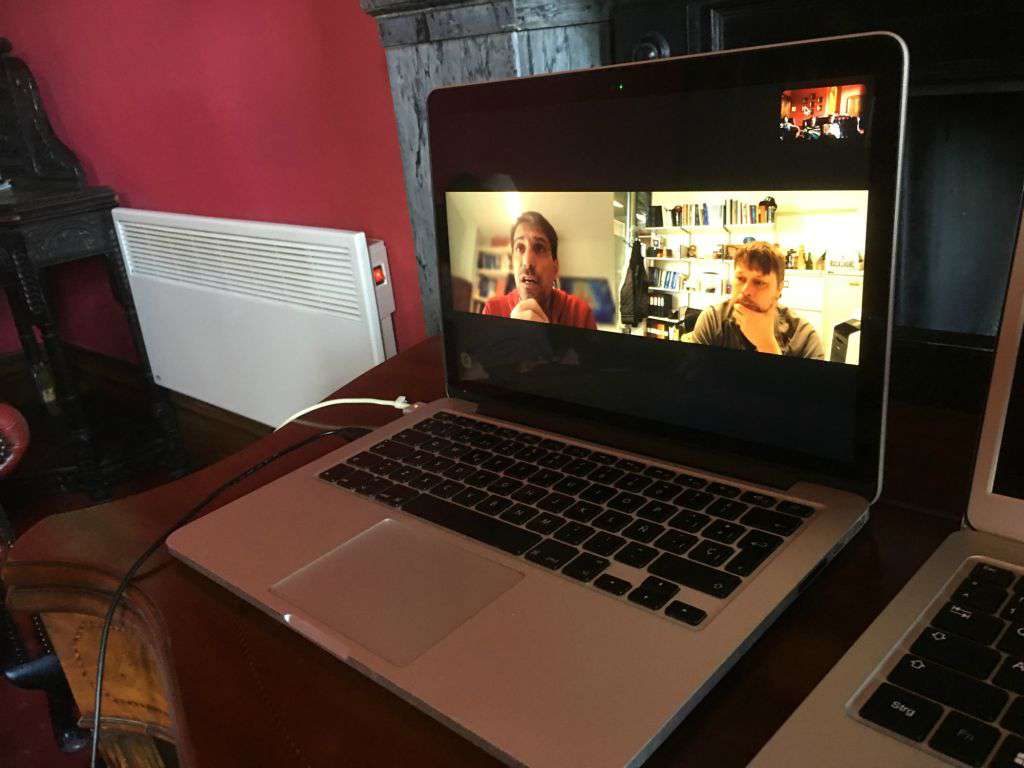
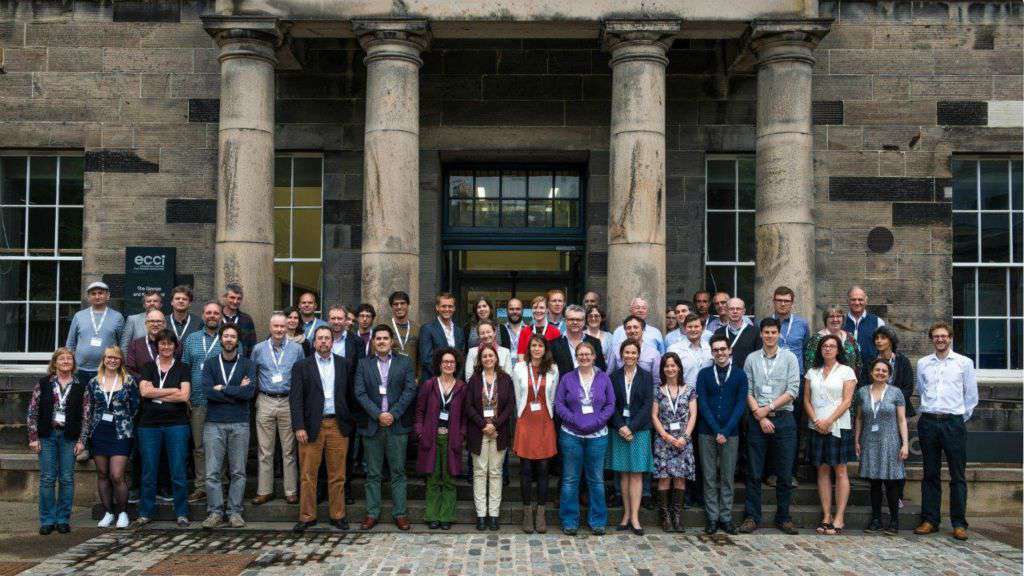
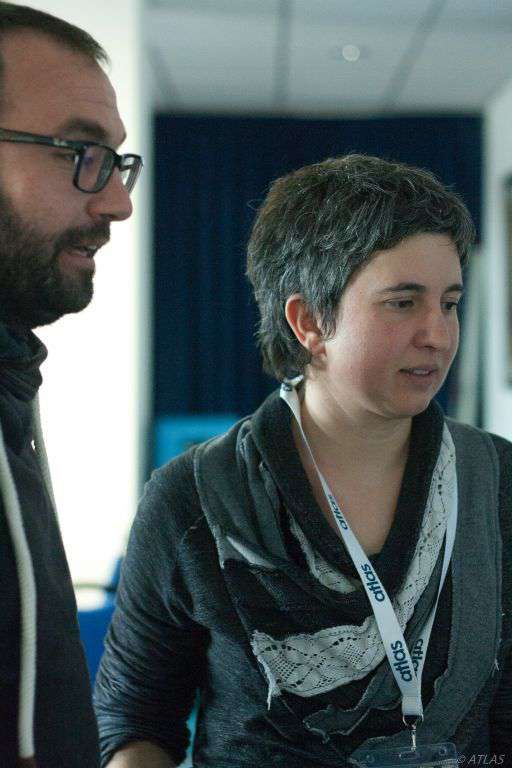
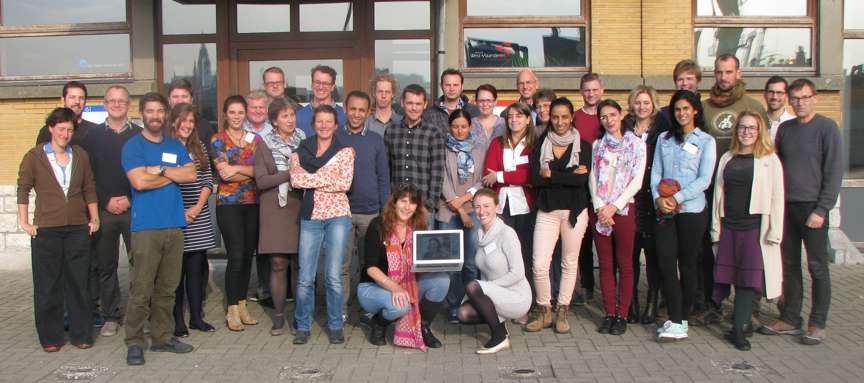
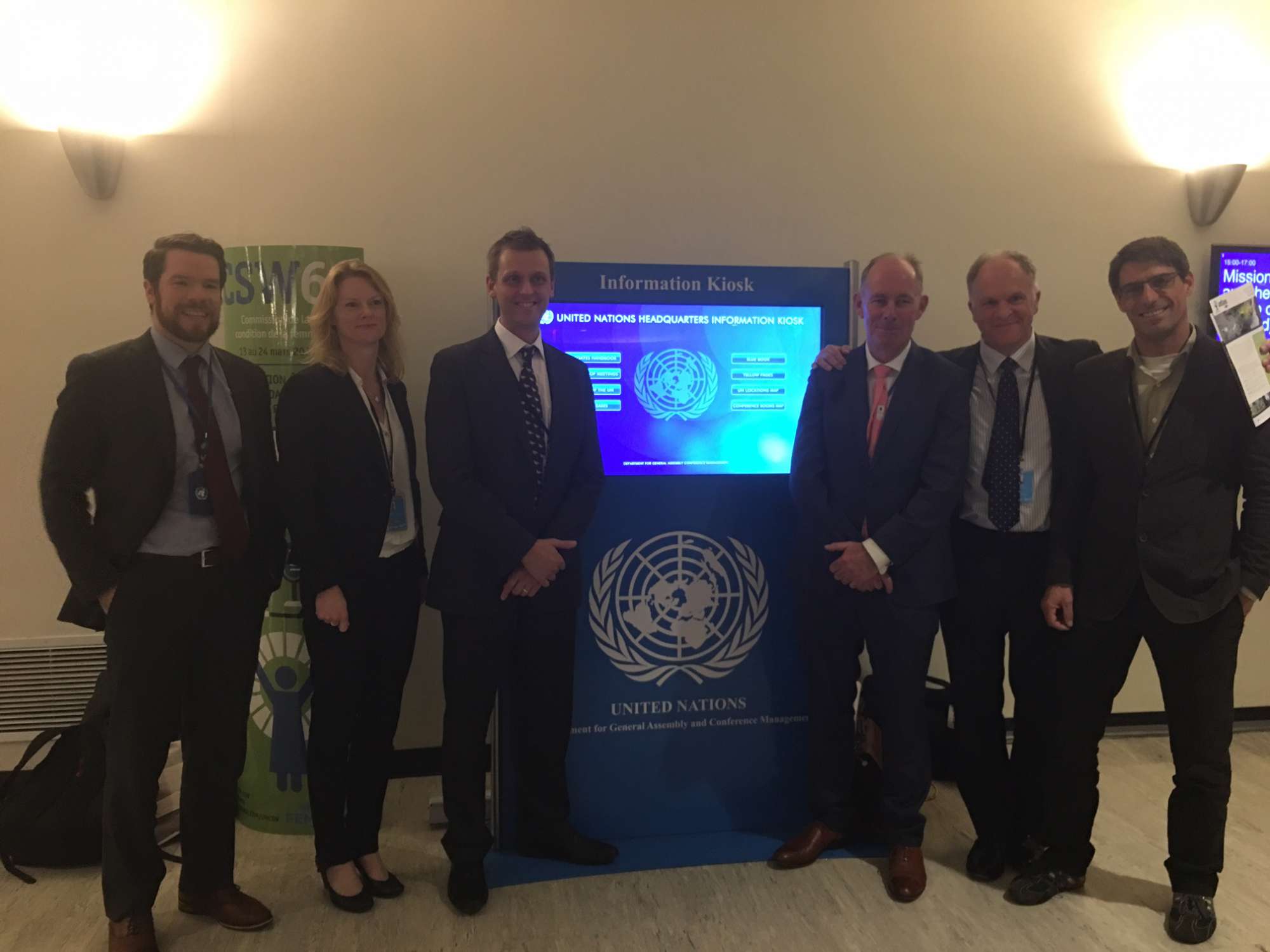
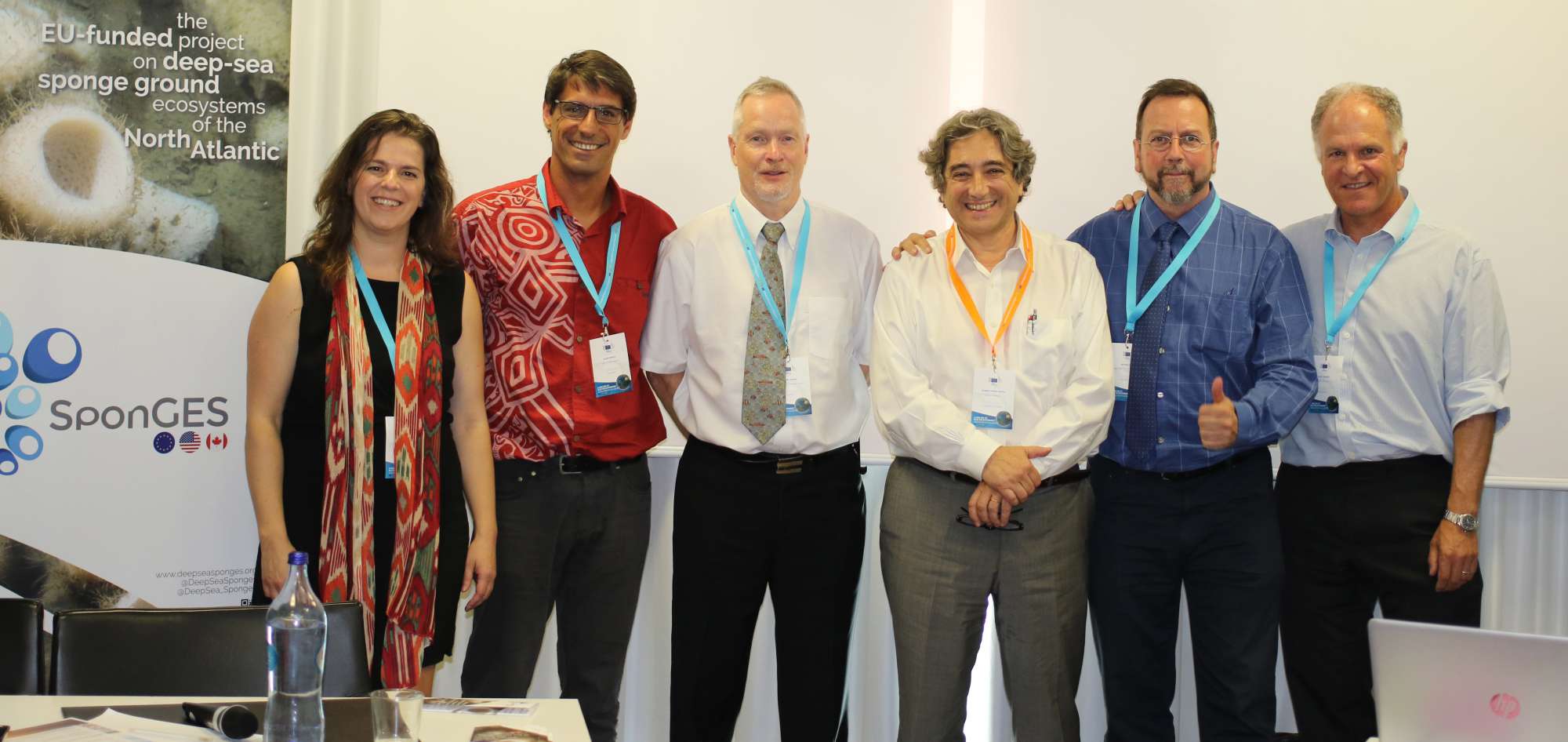
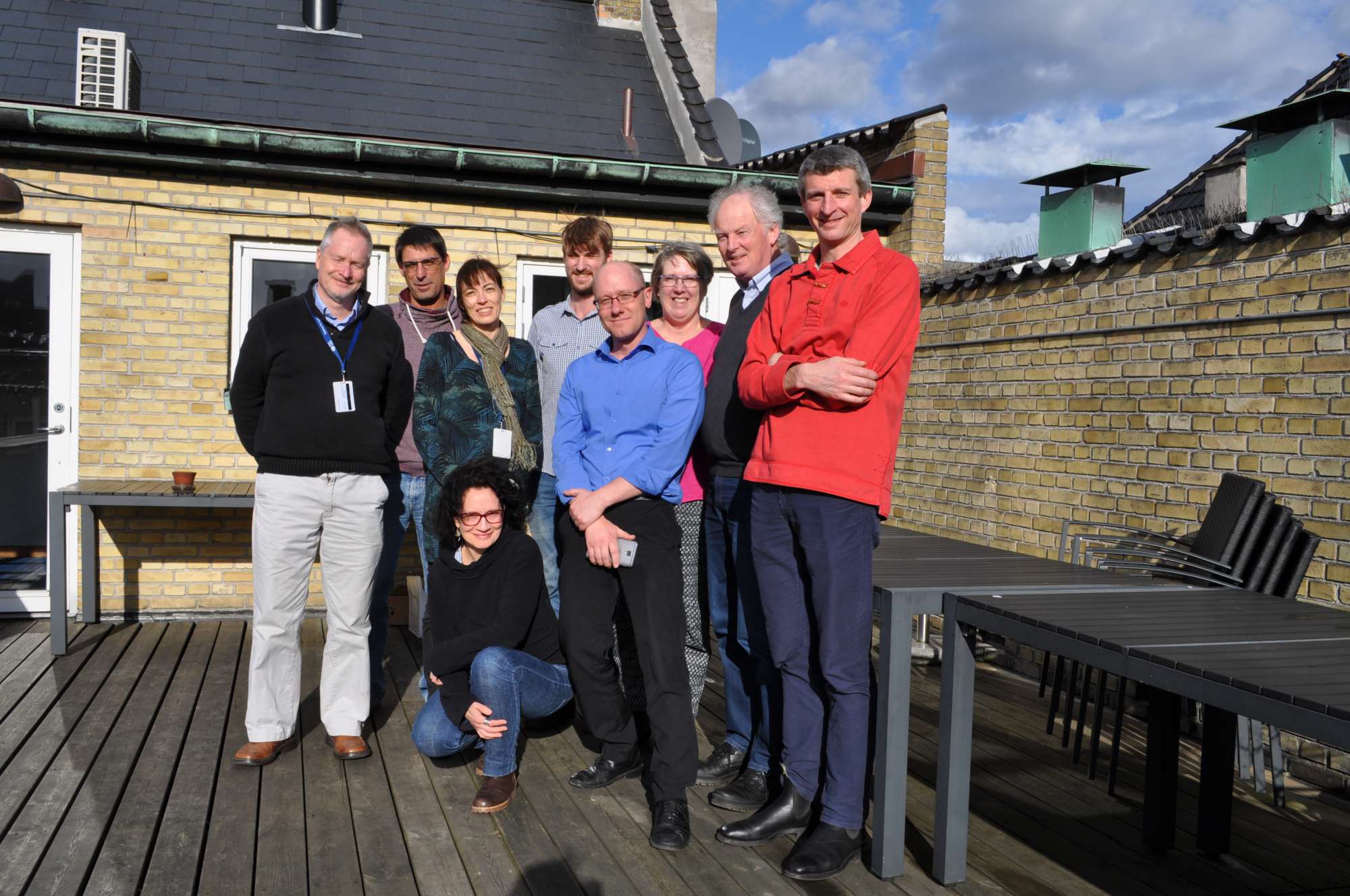
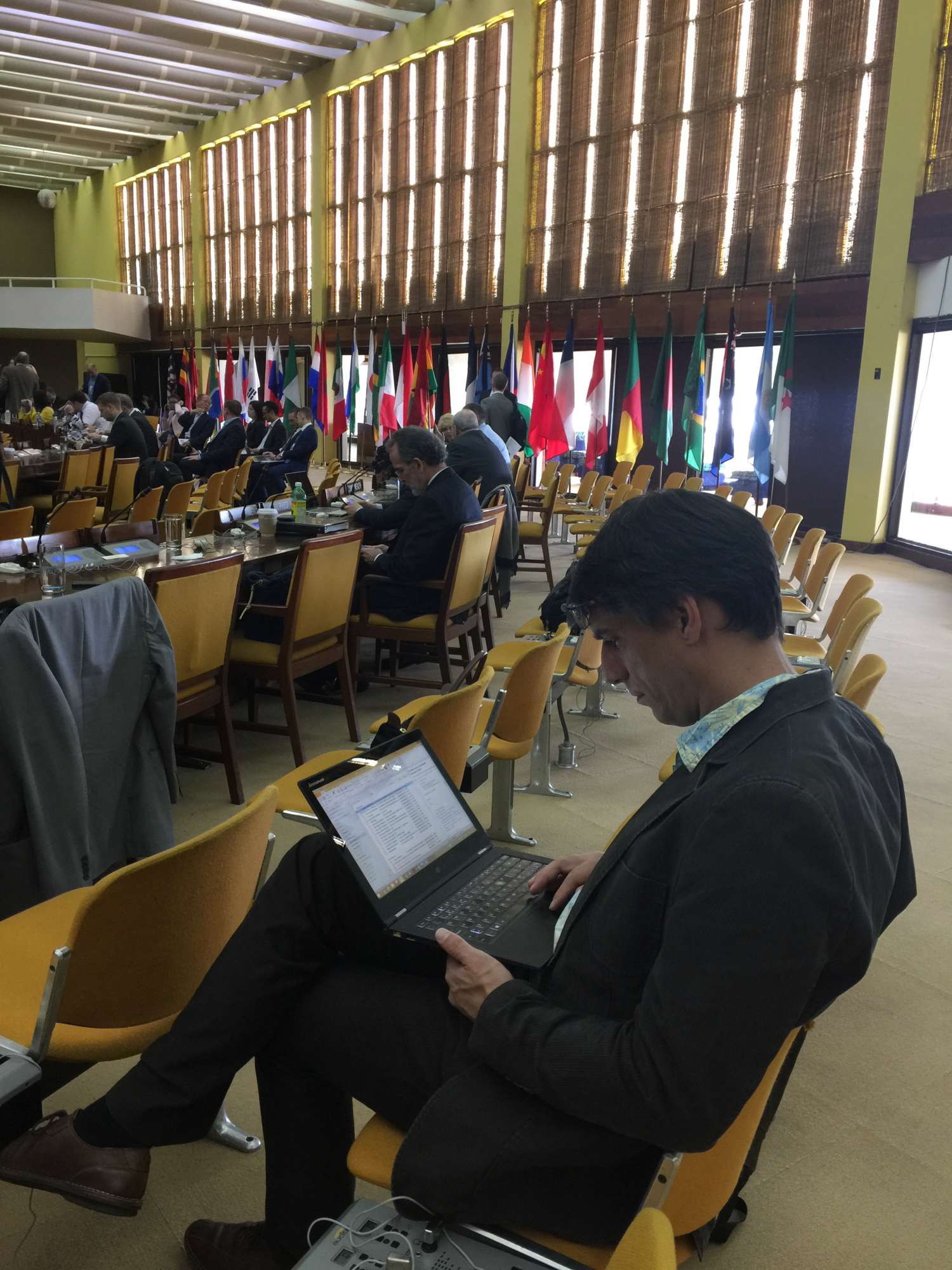
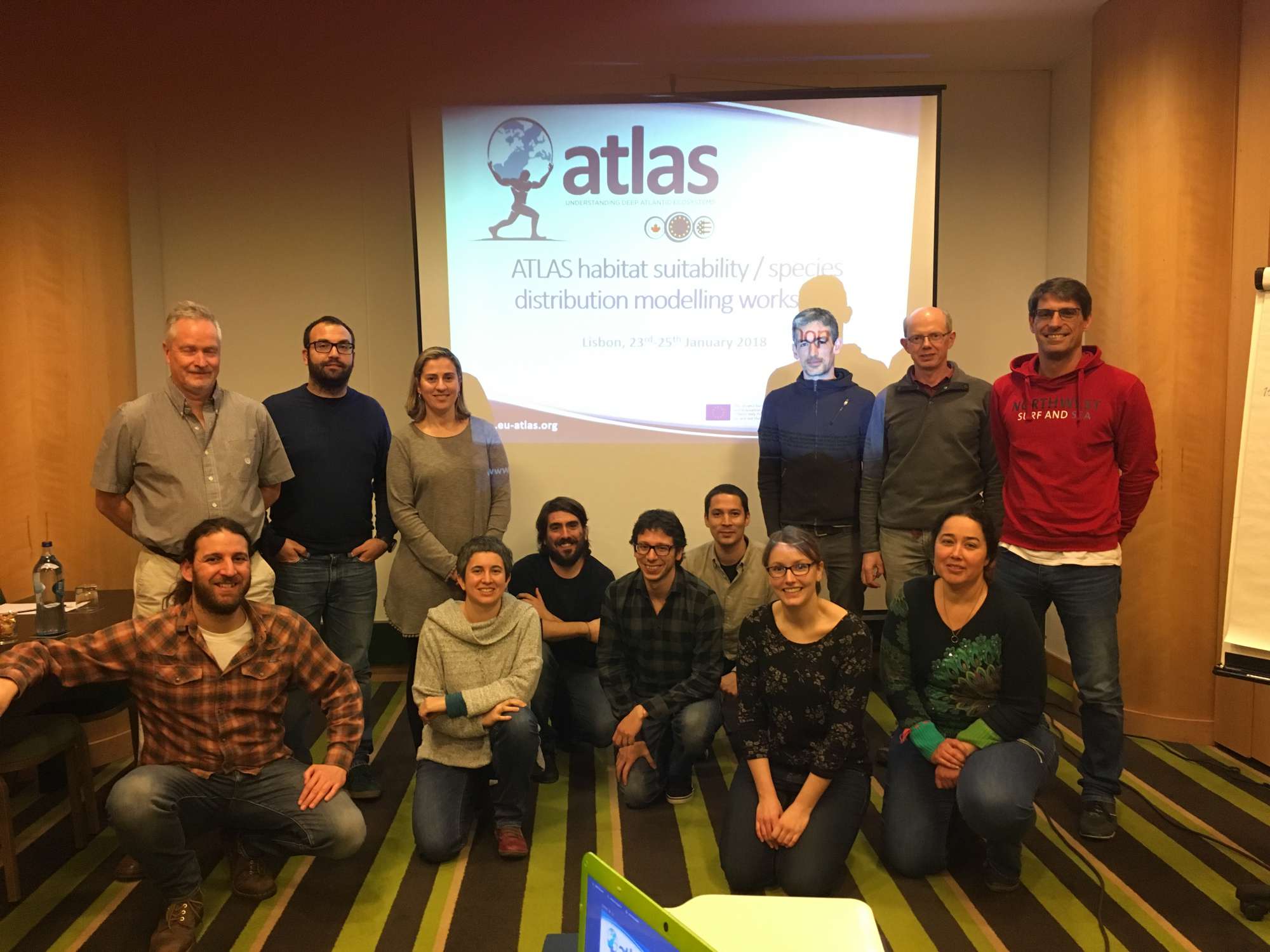
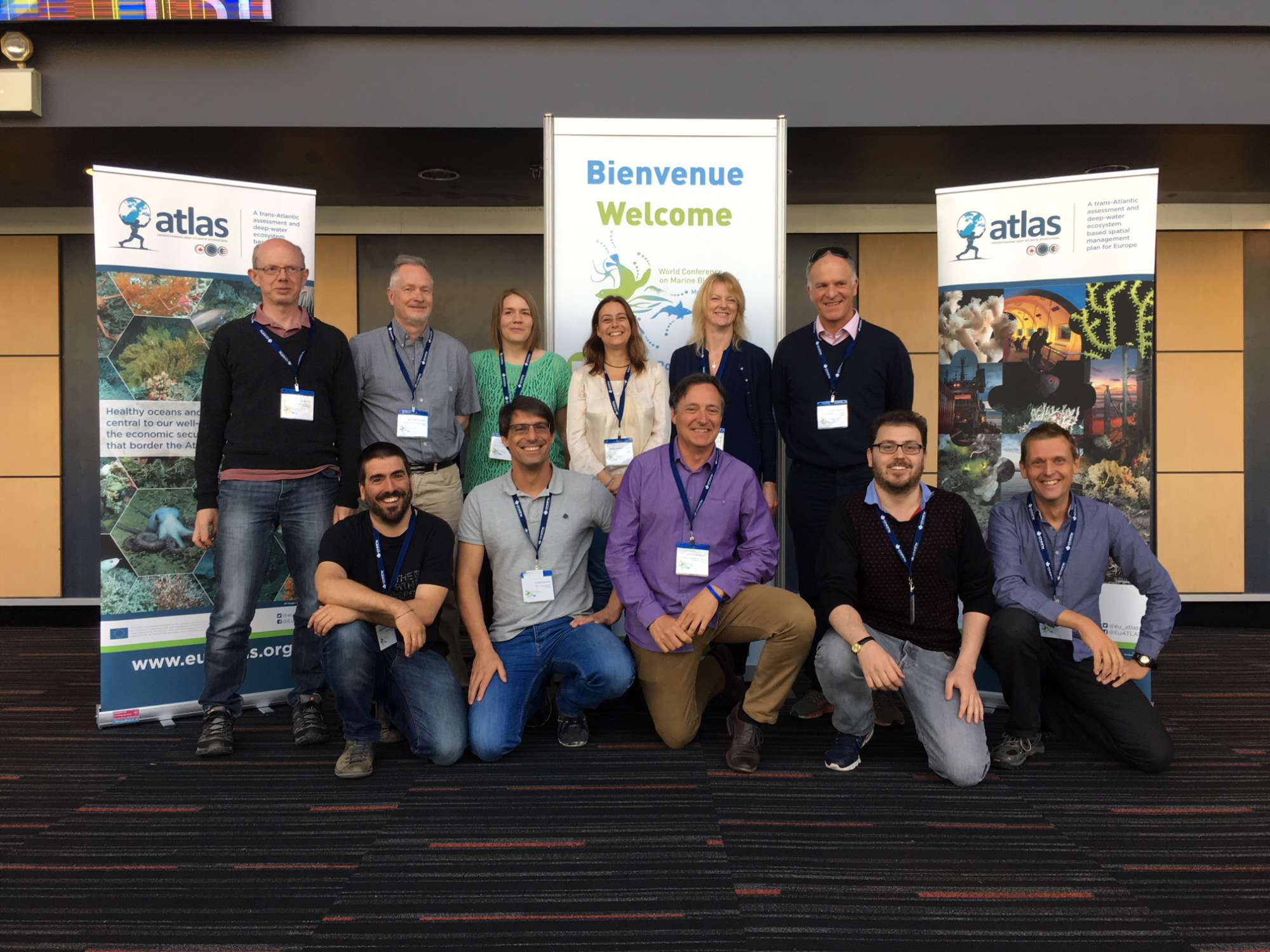
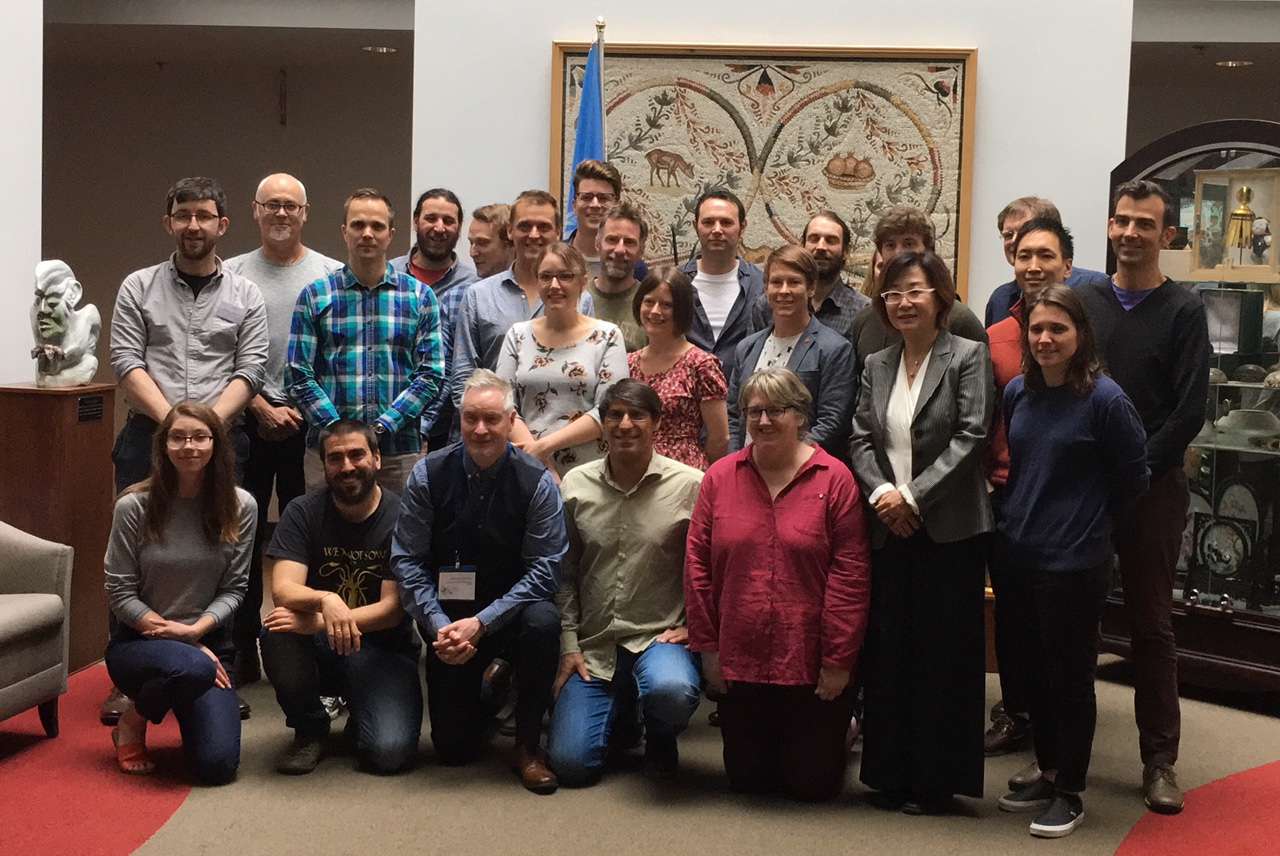
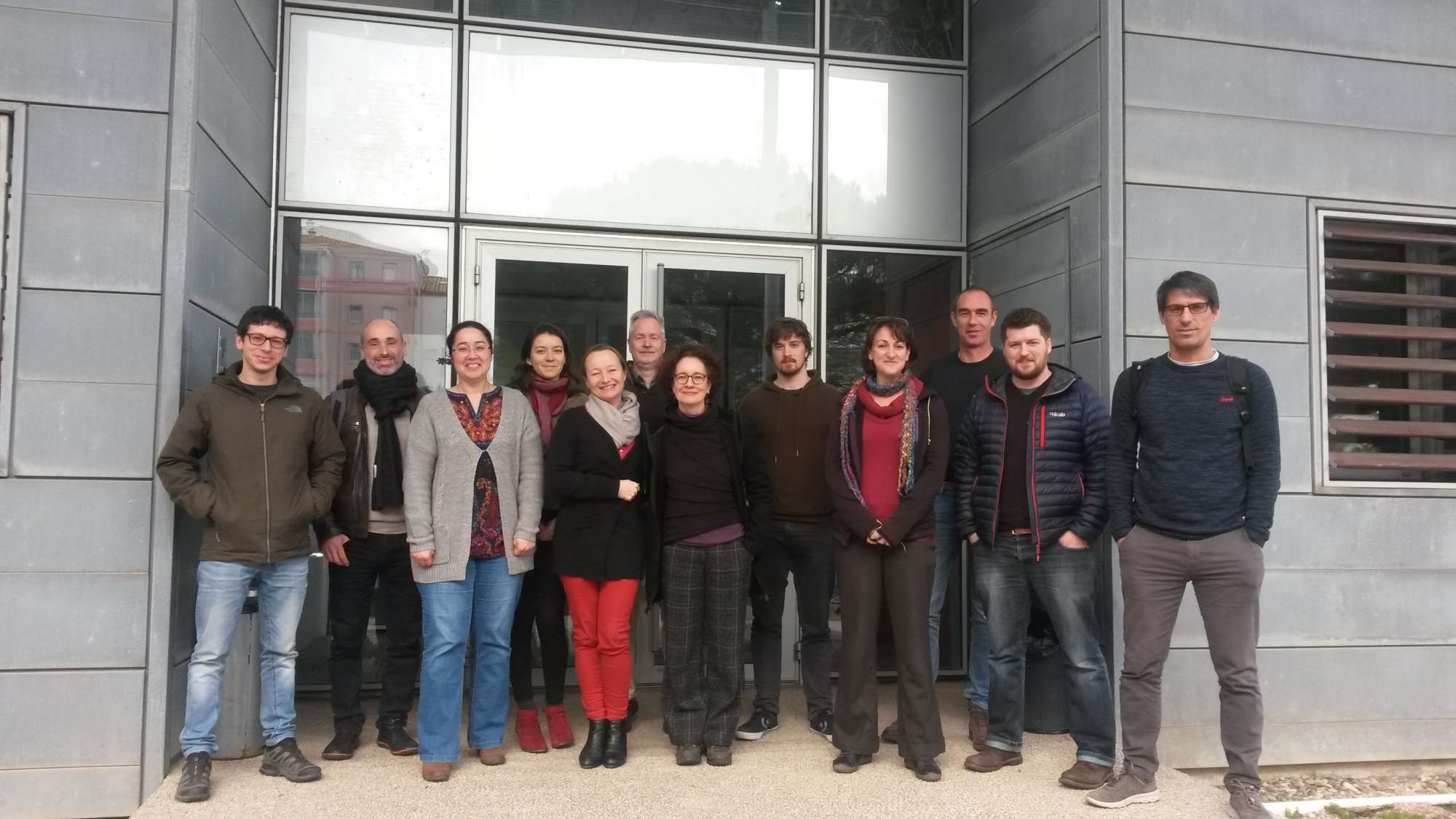
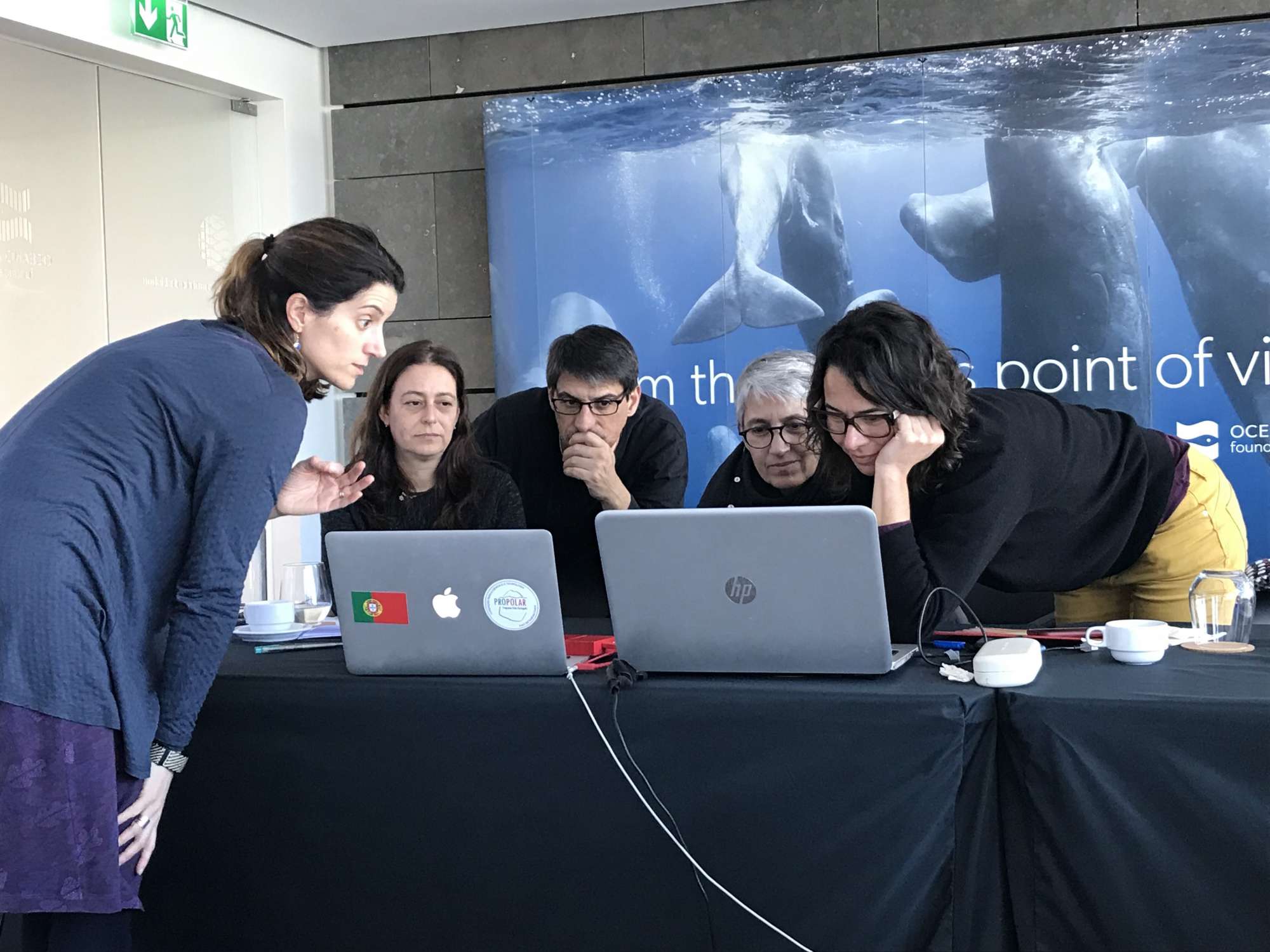
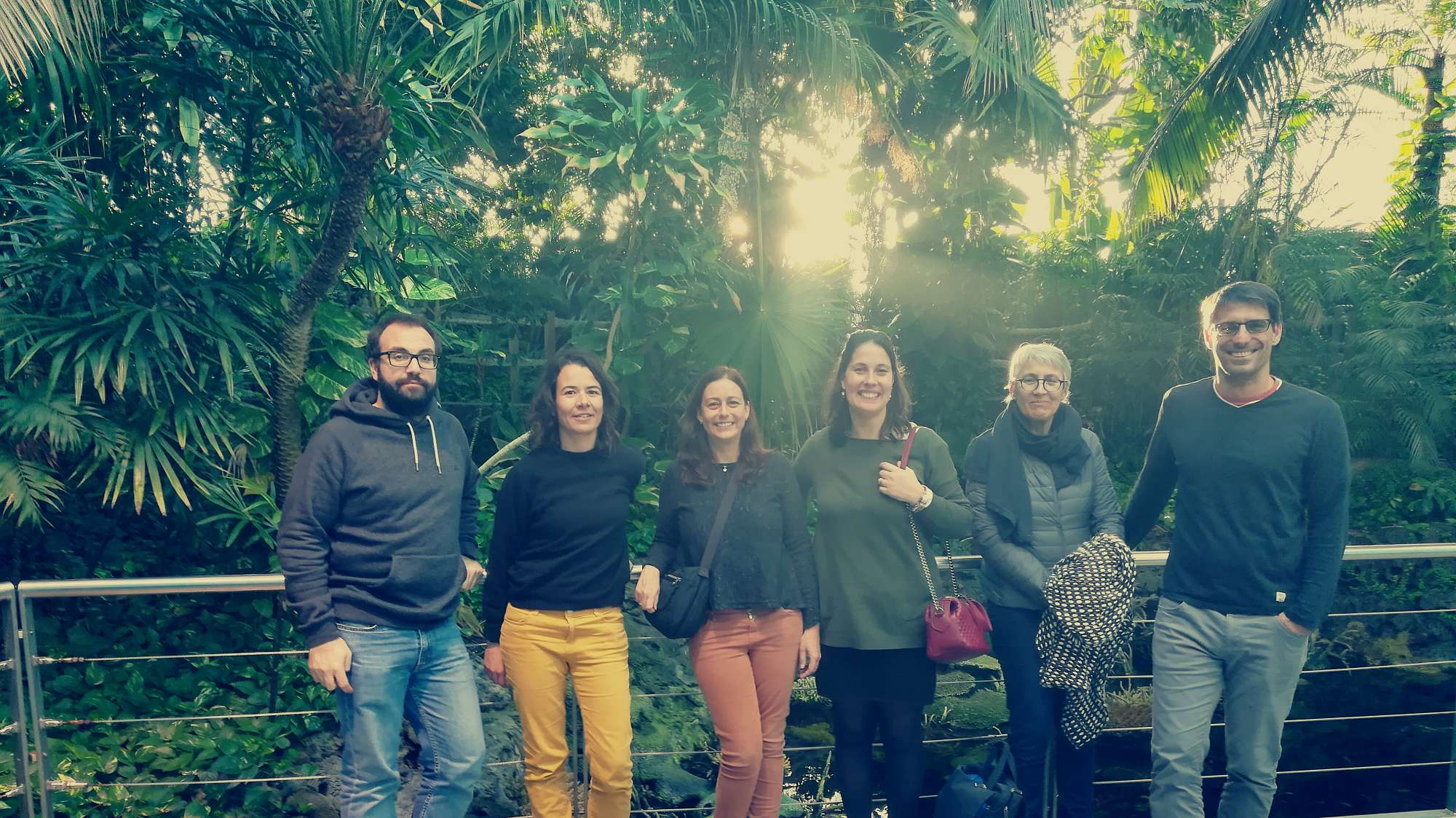
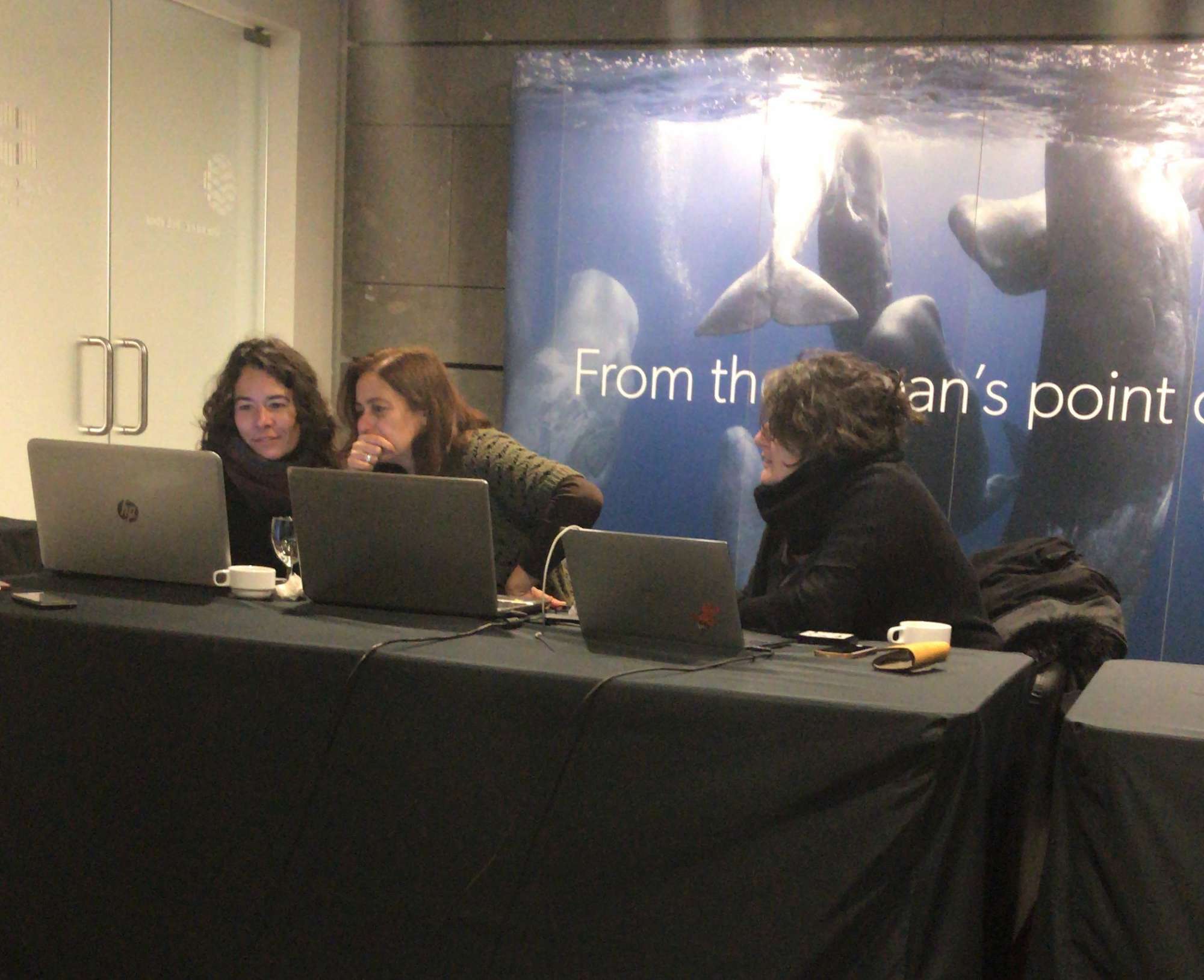
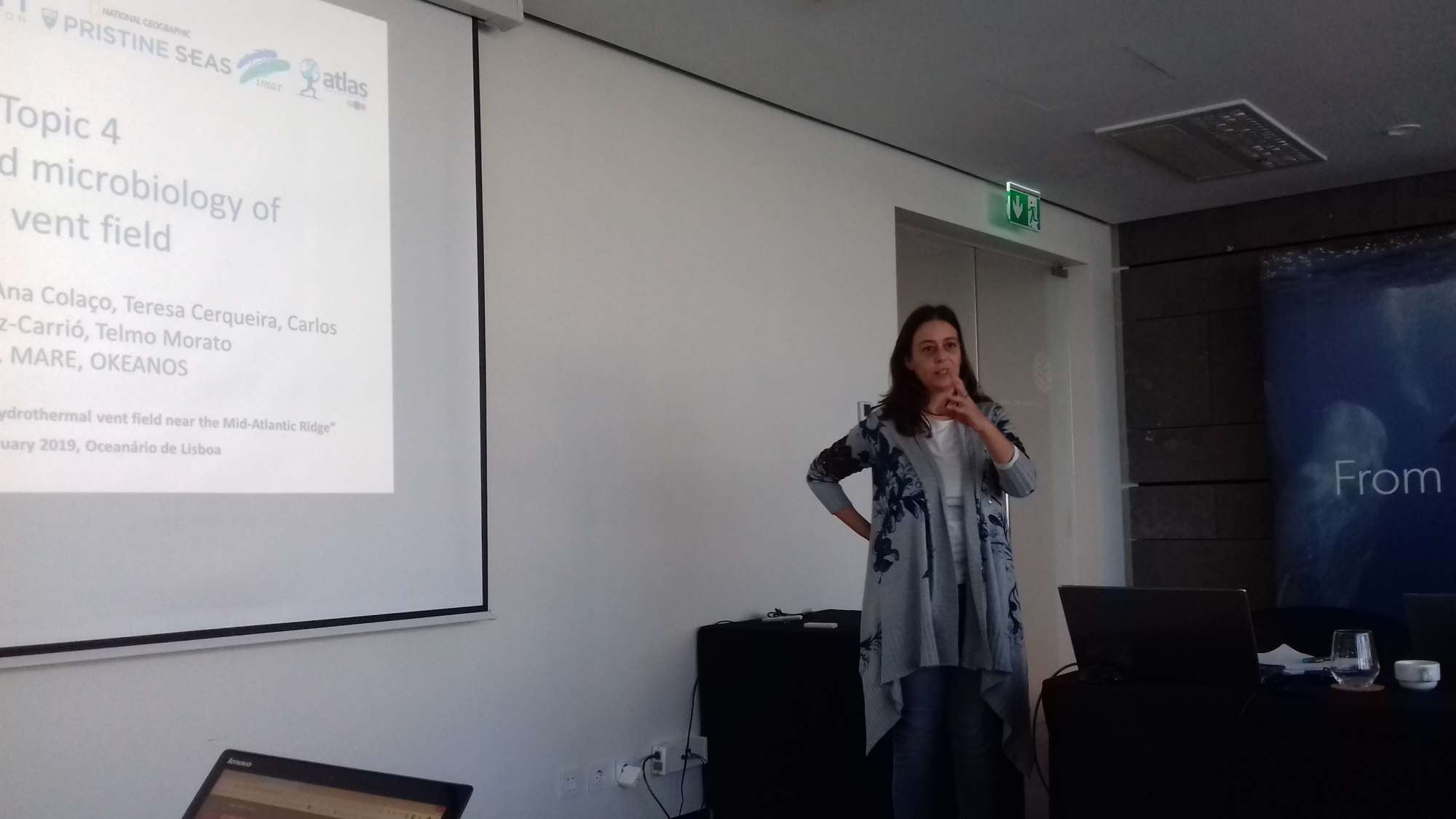
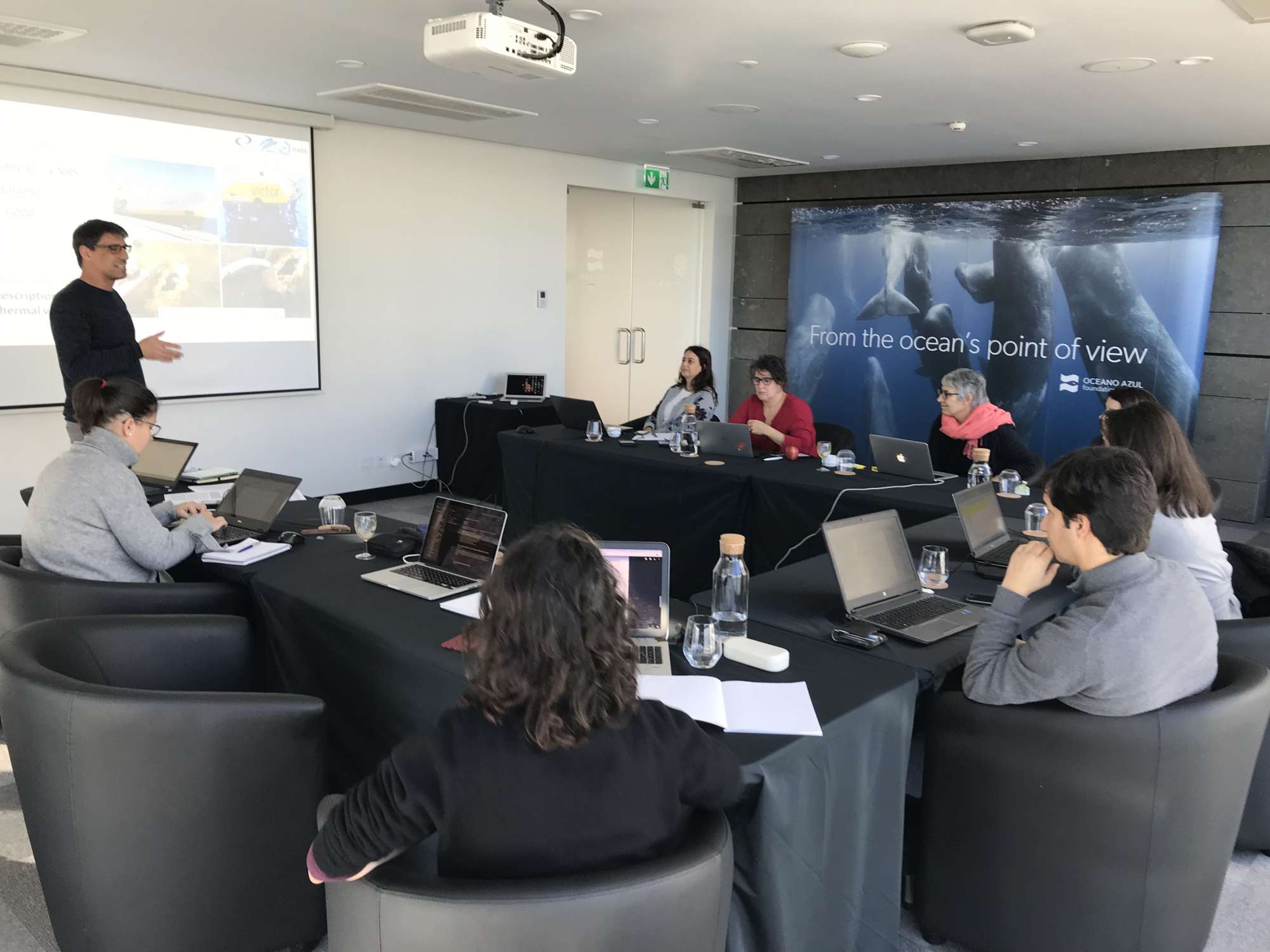
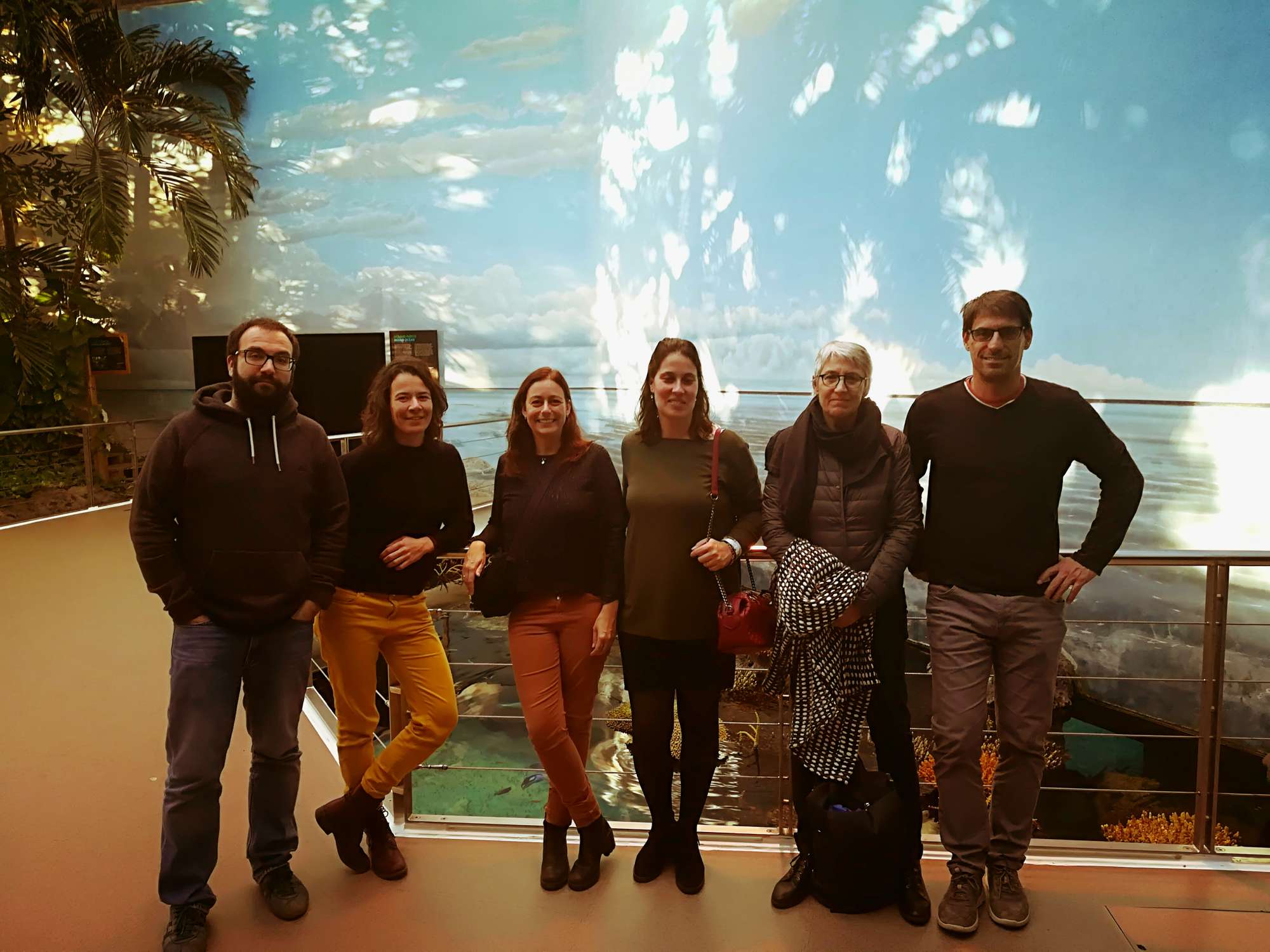
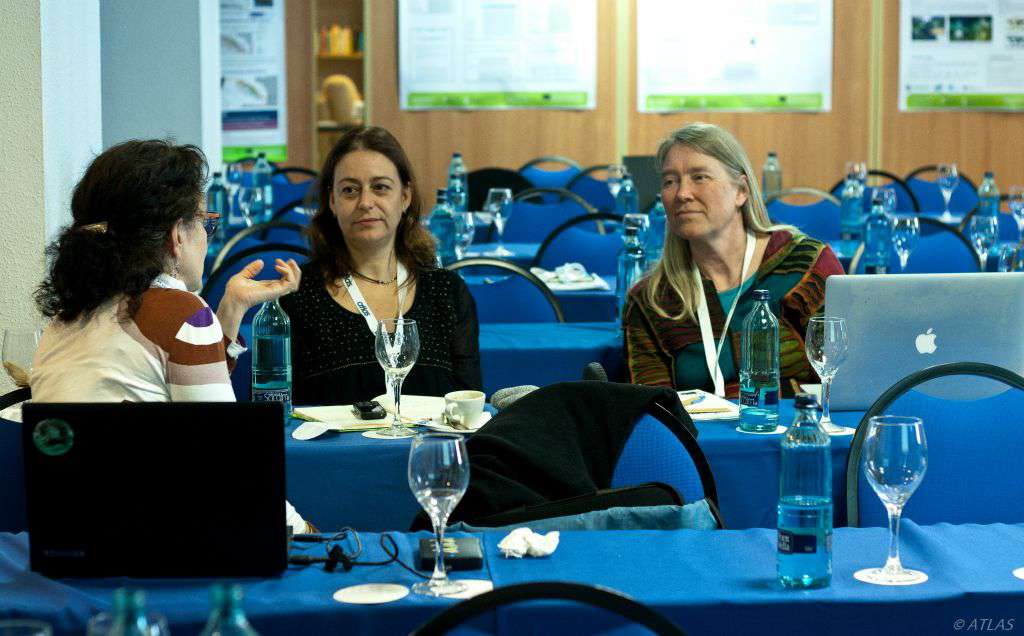
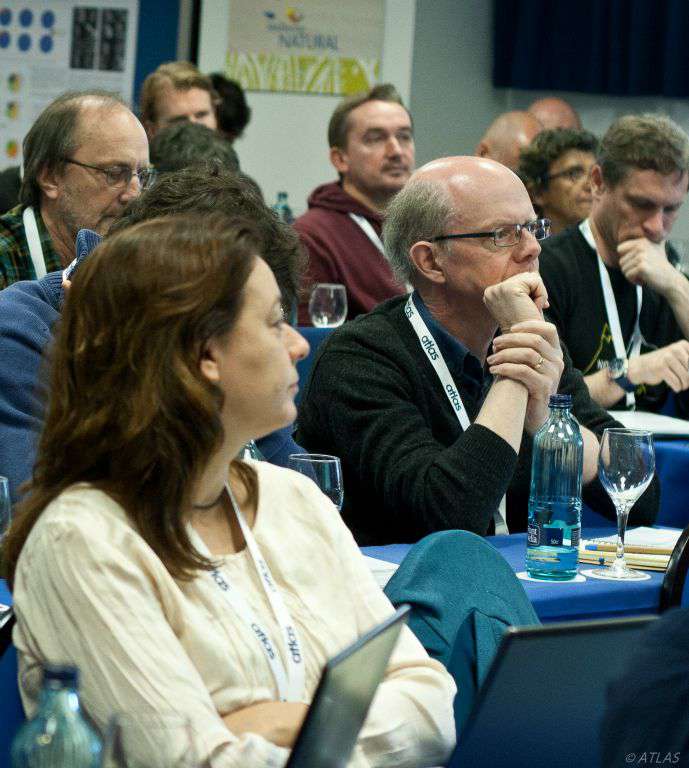
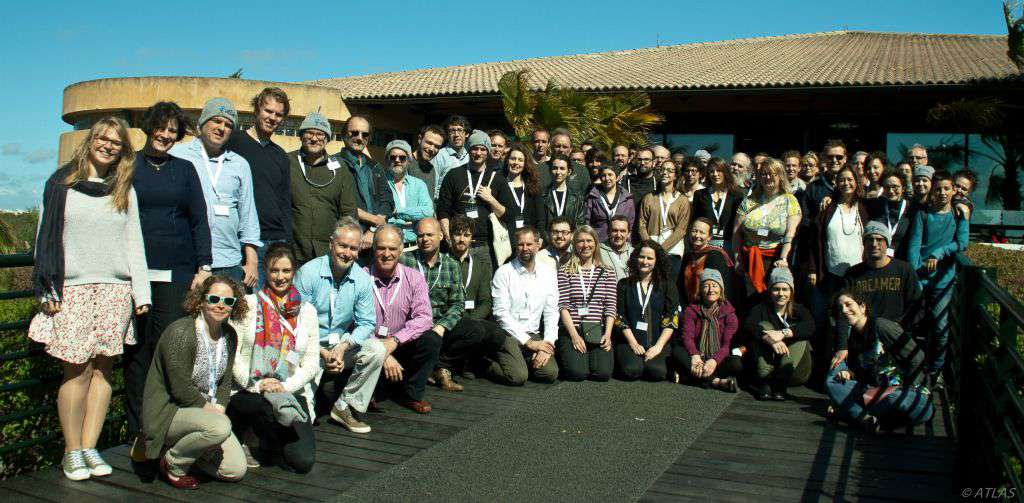
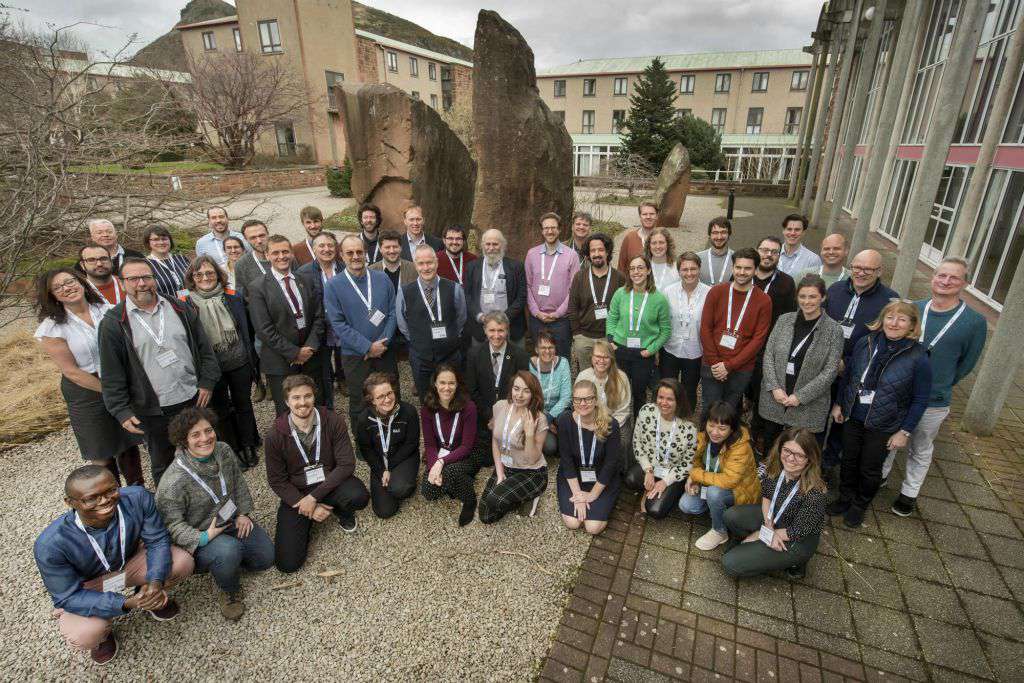
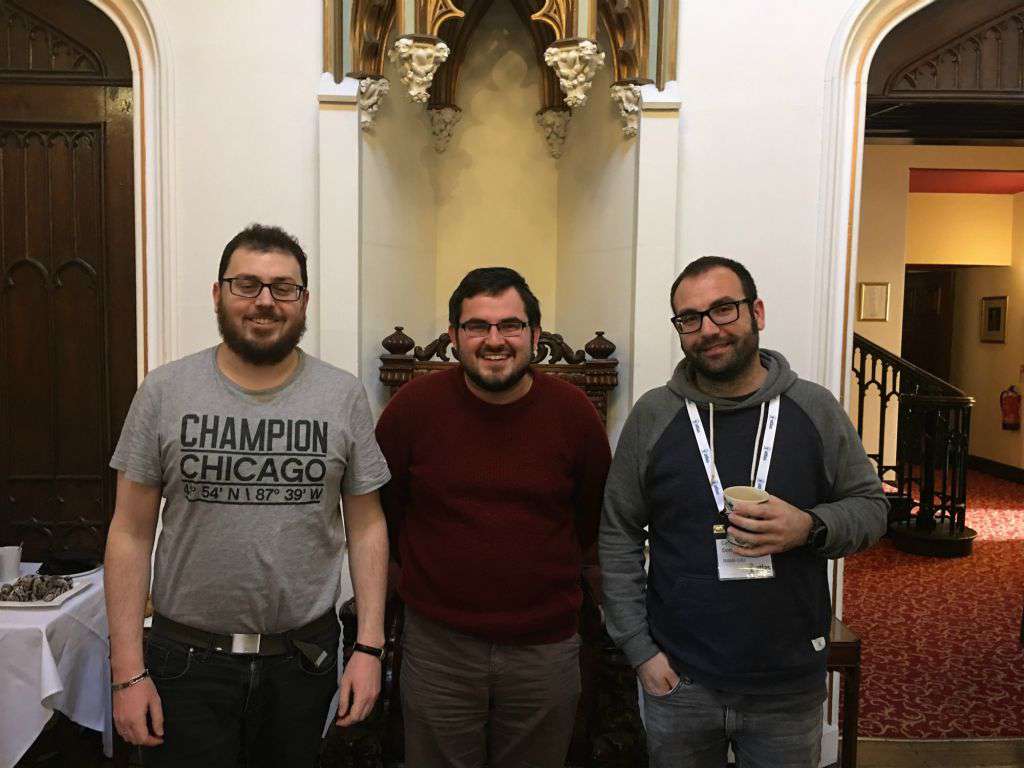
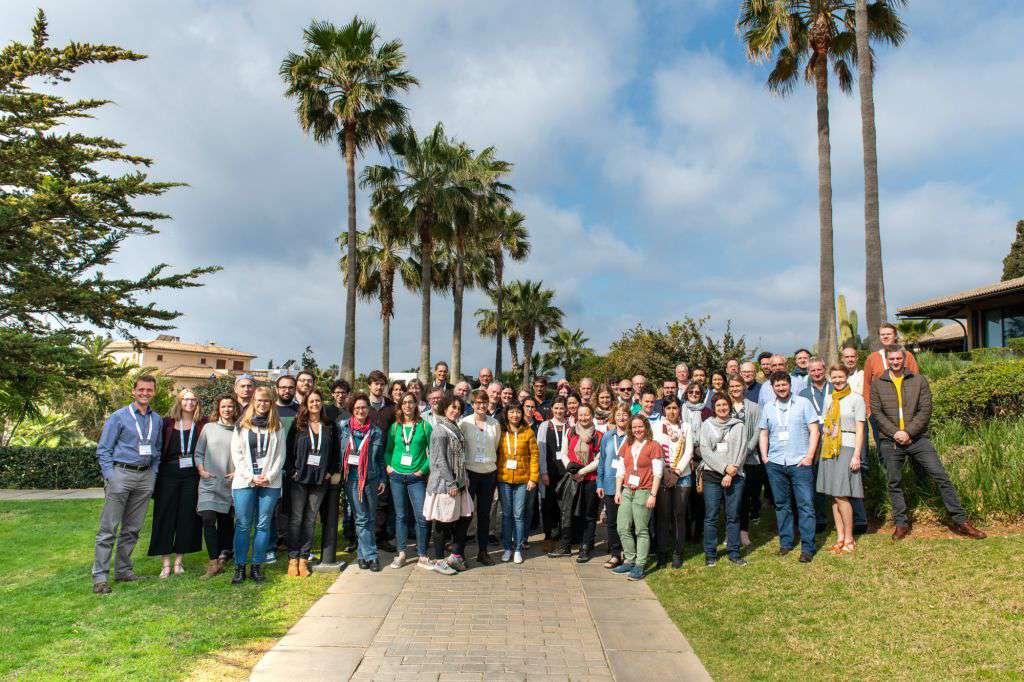
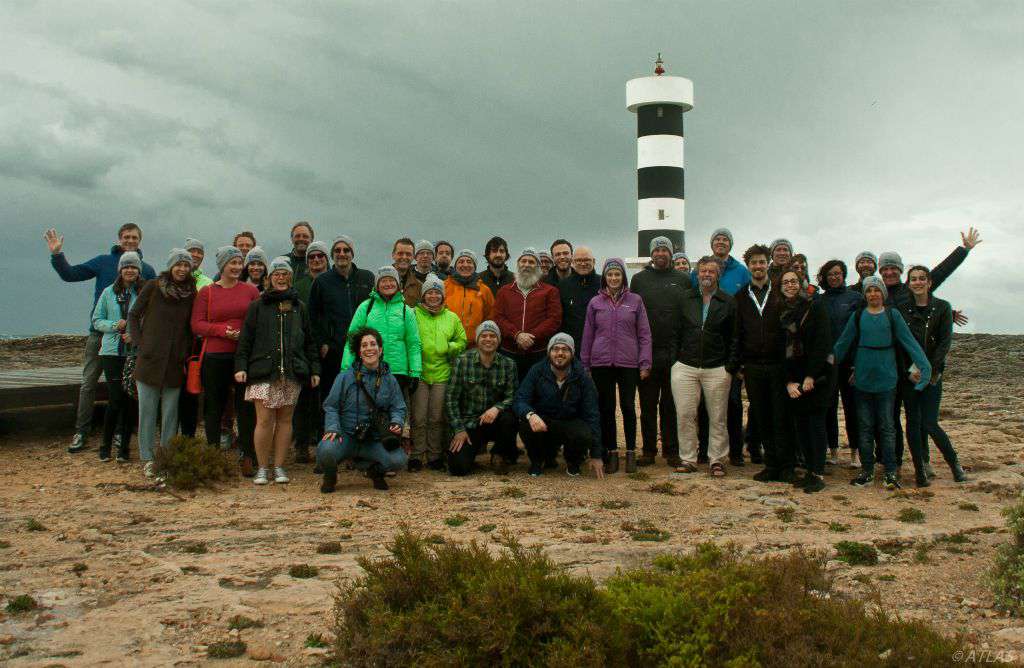
Location
Departamento de Oceanografia e Pescas — Universidade dos Açores
Rua Prof. Doutor Frederico Machado, No. 4
9901-862 Horta, Portugal
Contact
Email: azoresdeepsea@gmail.com
AZORES DEEP-SEA RESEARCH © 2020-2025 — RELEASE 2.0.3
 VALTER MEDEIROS
VALTER MEDEIROS